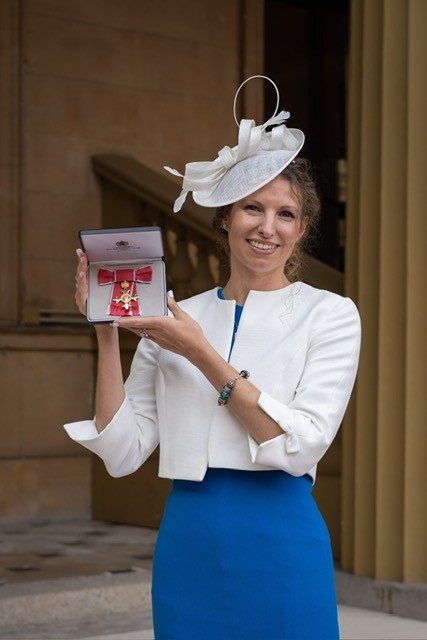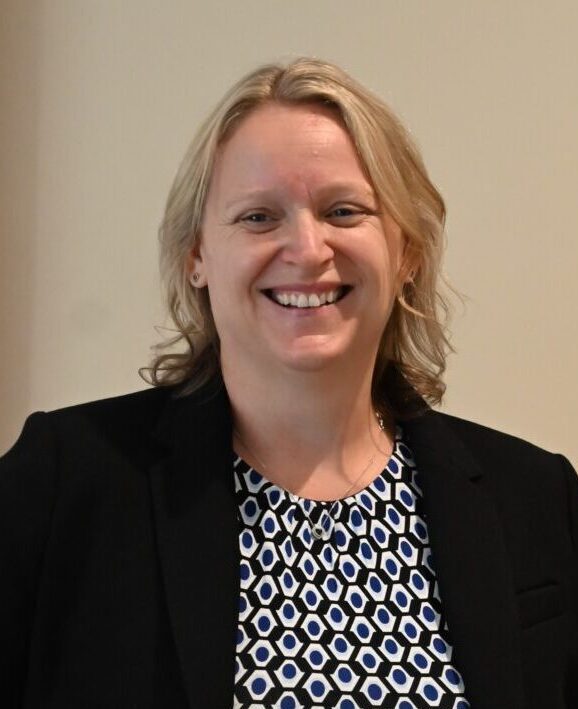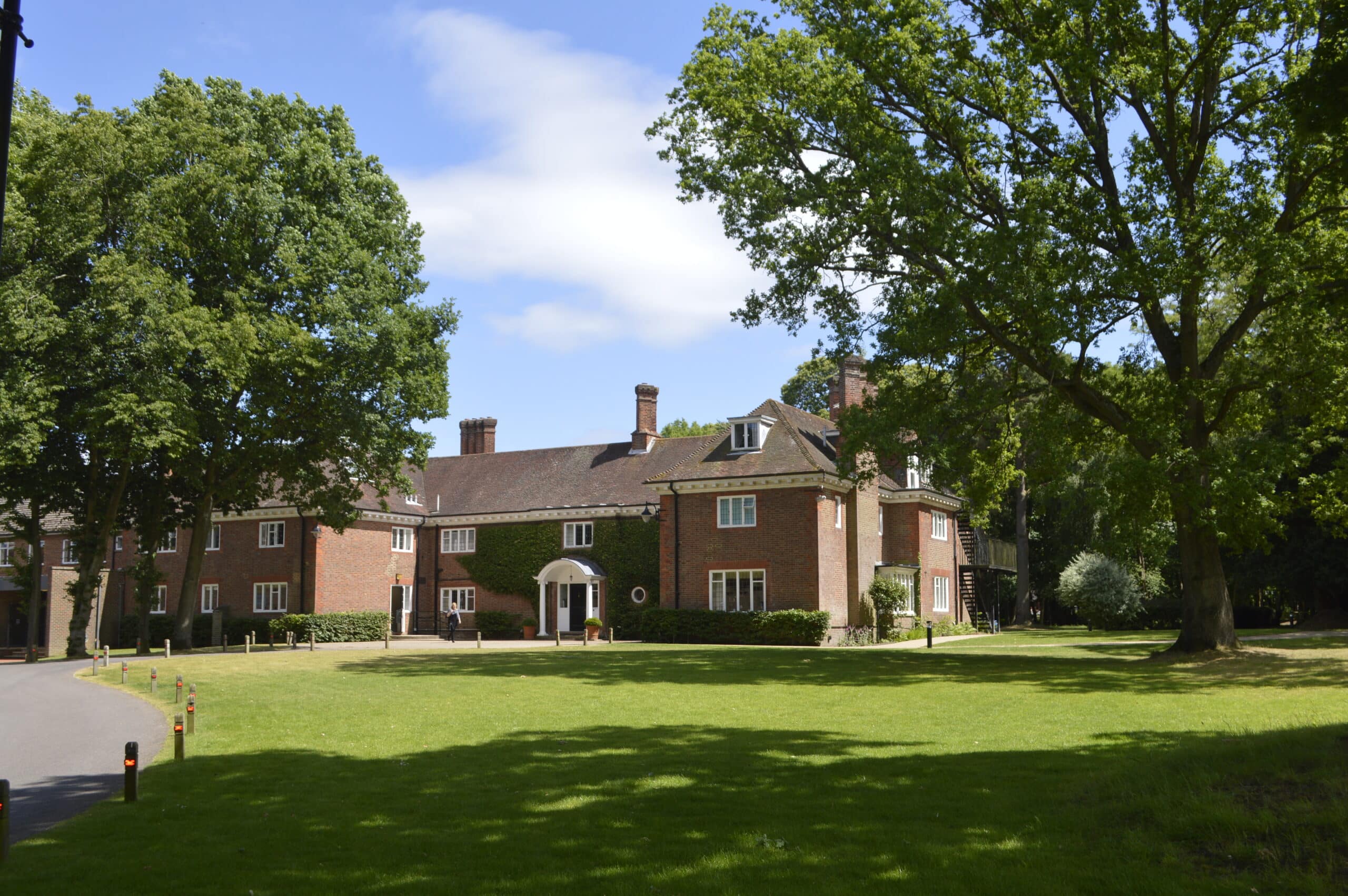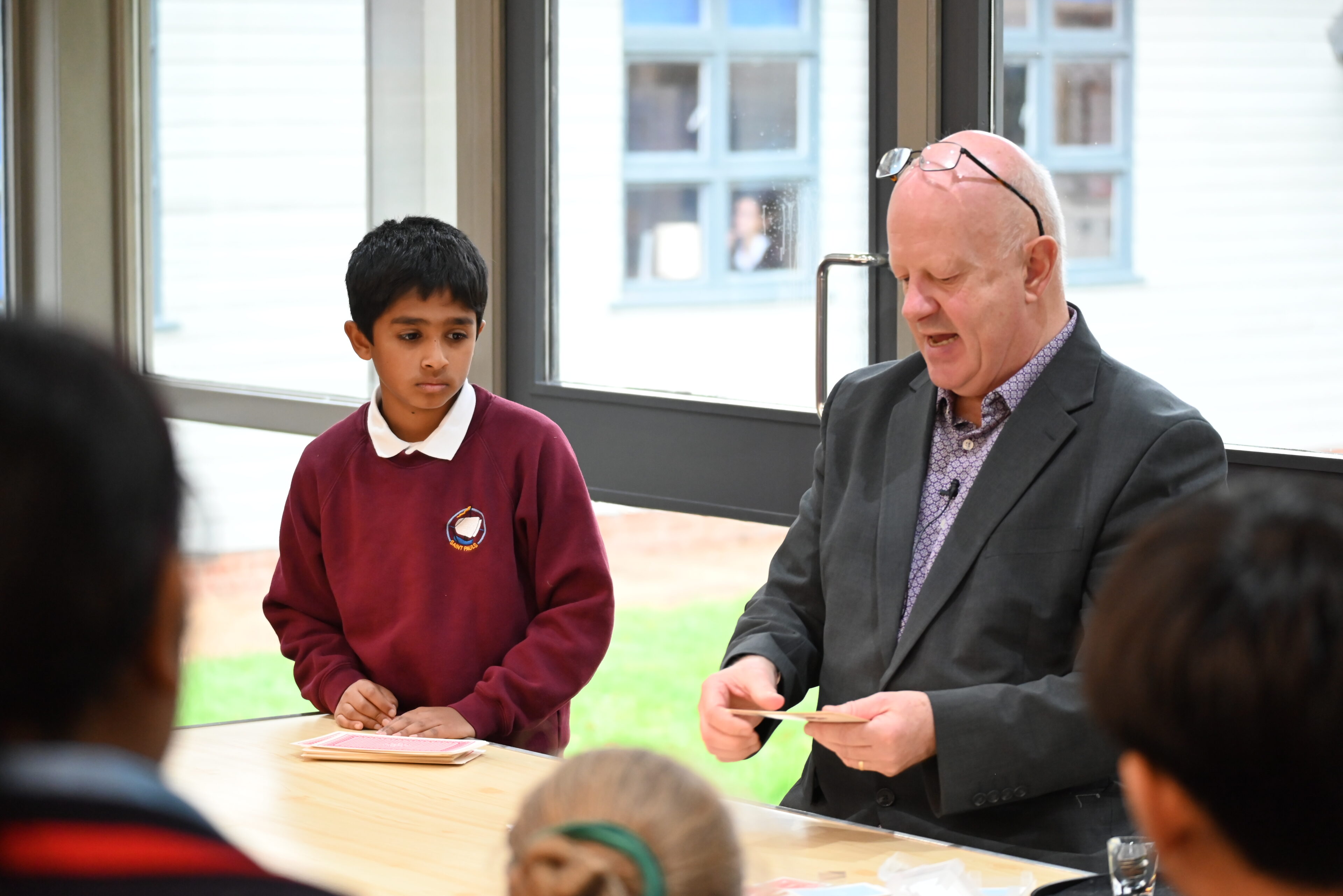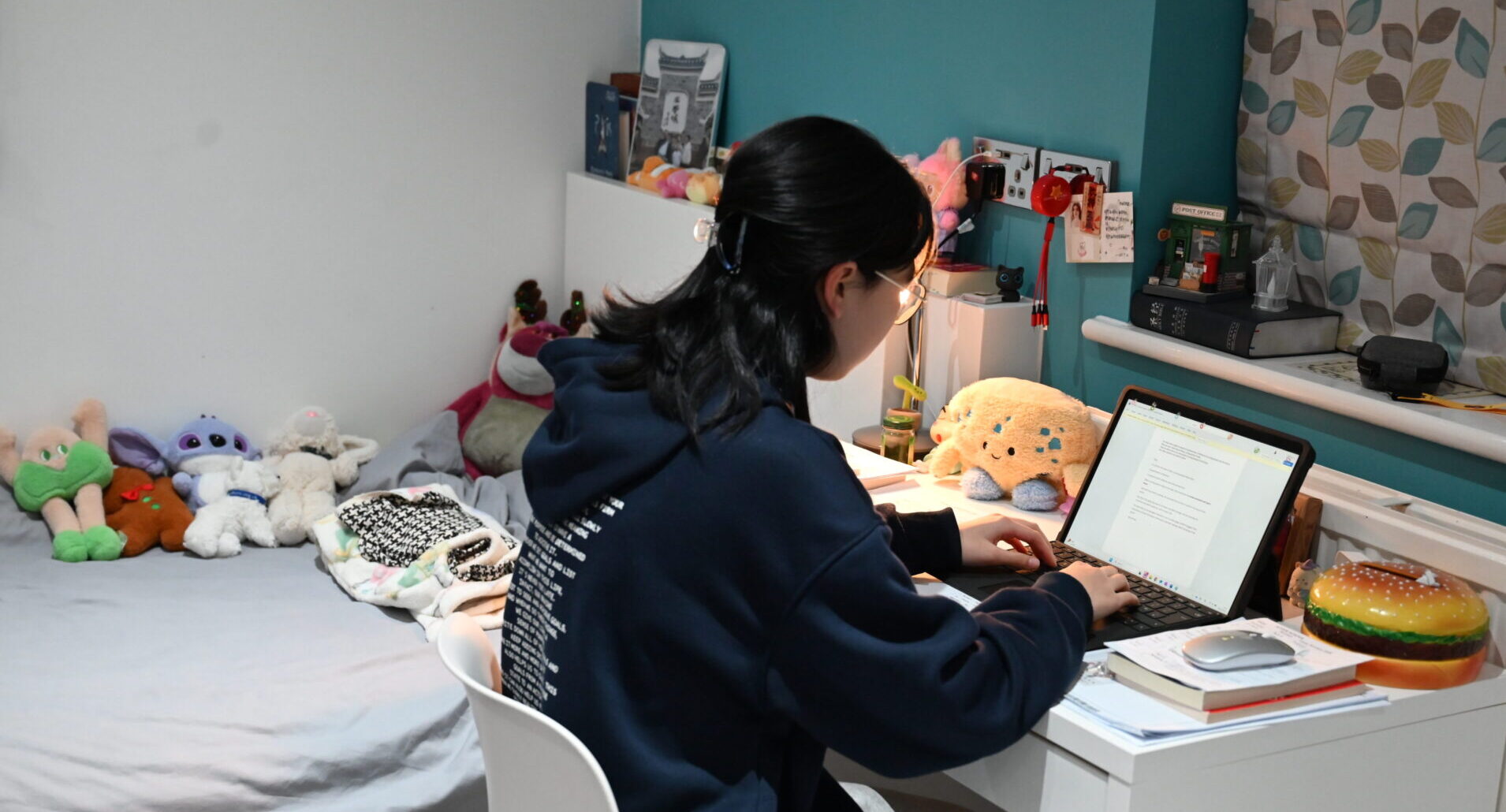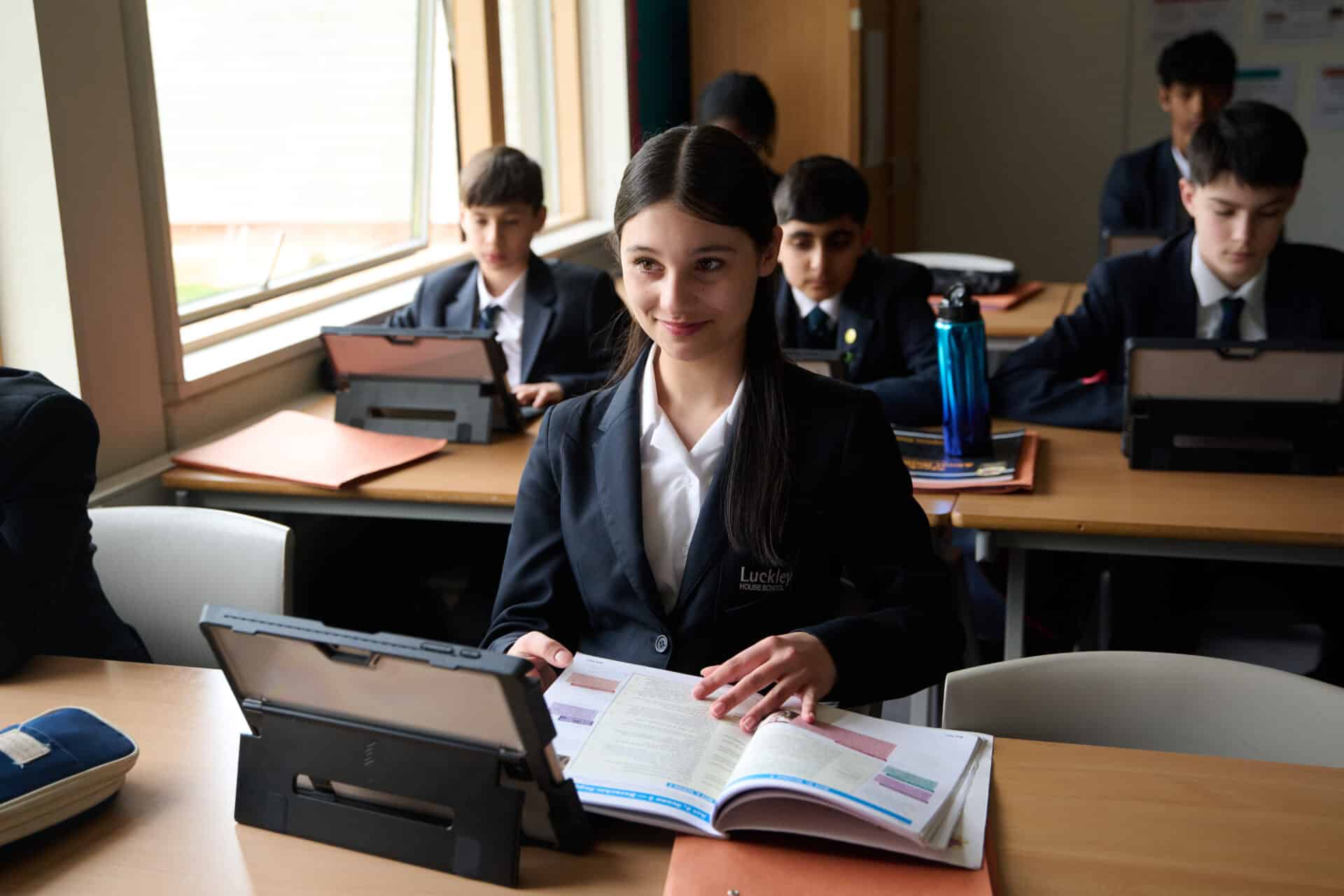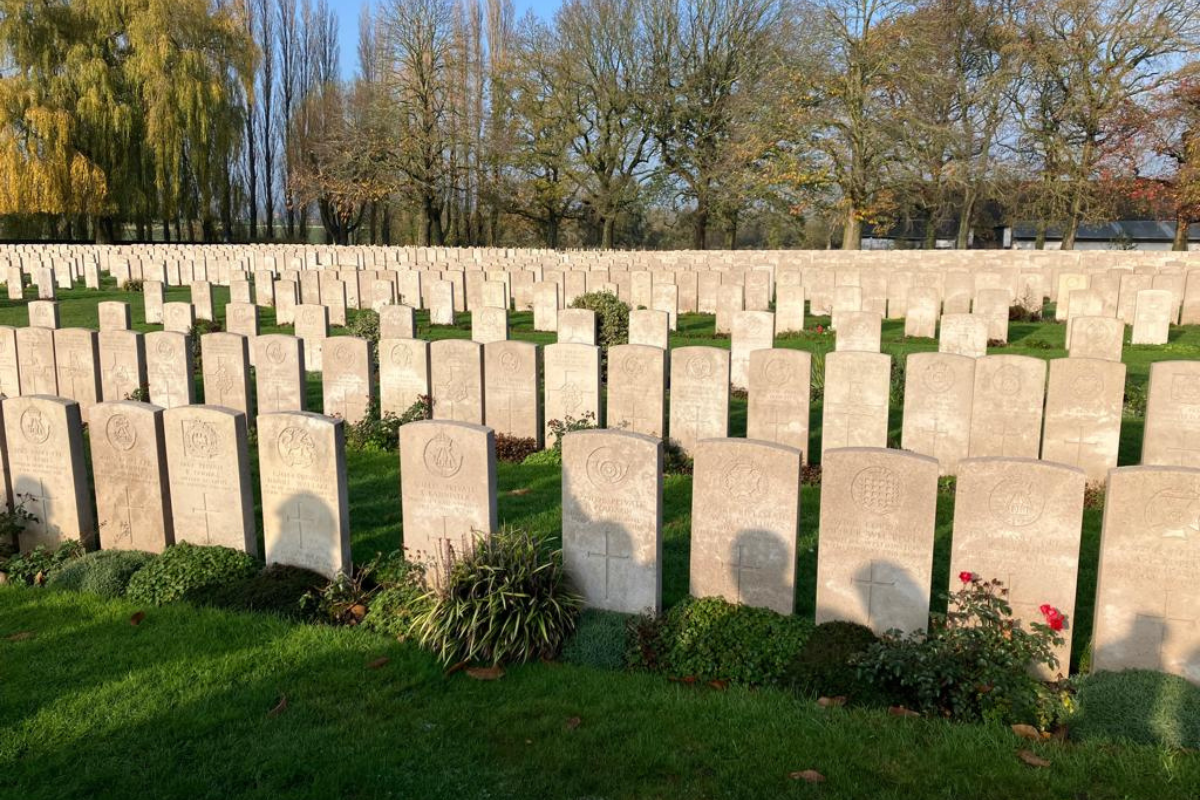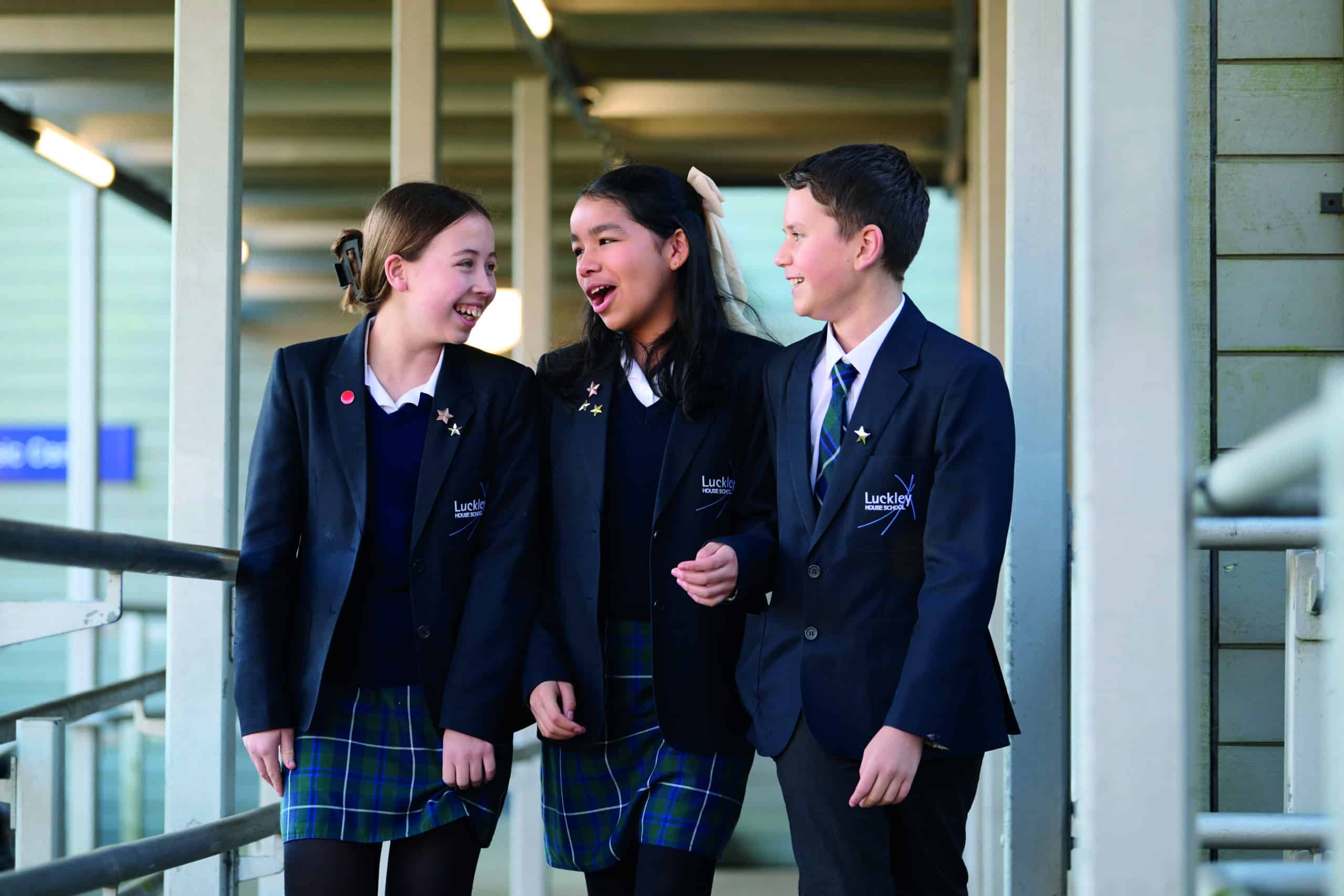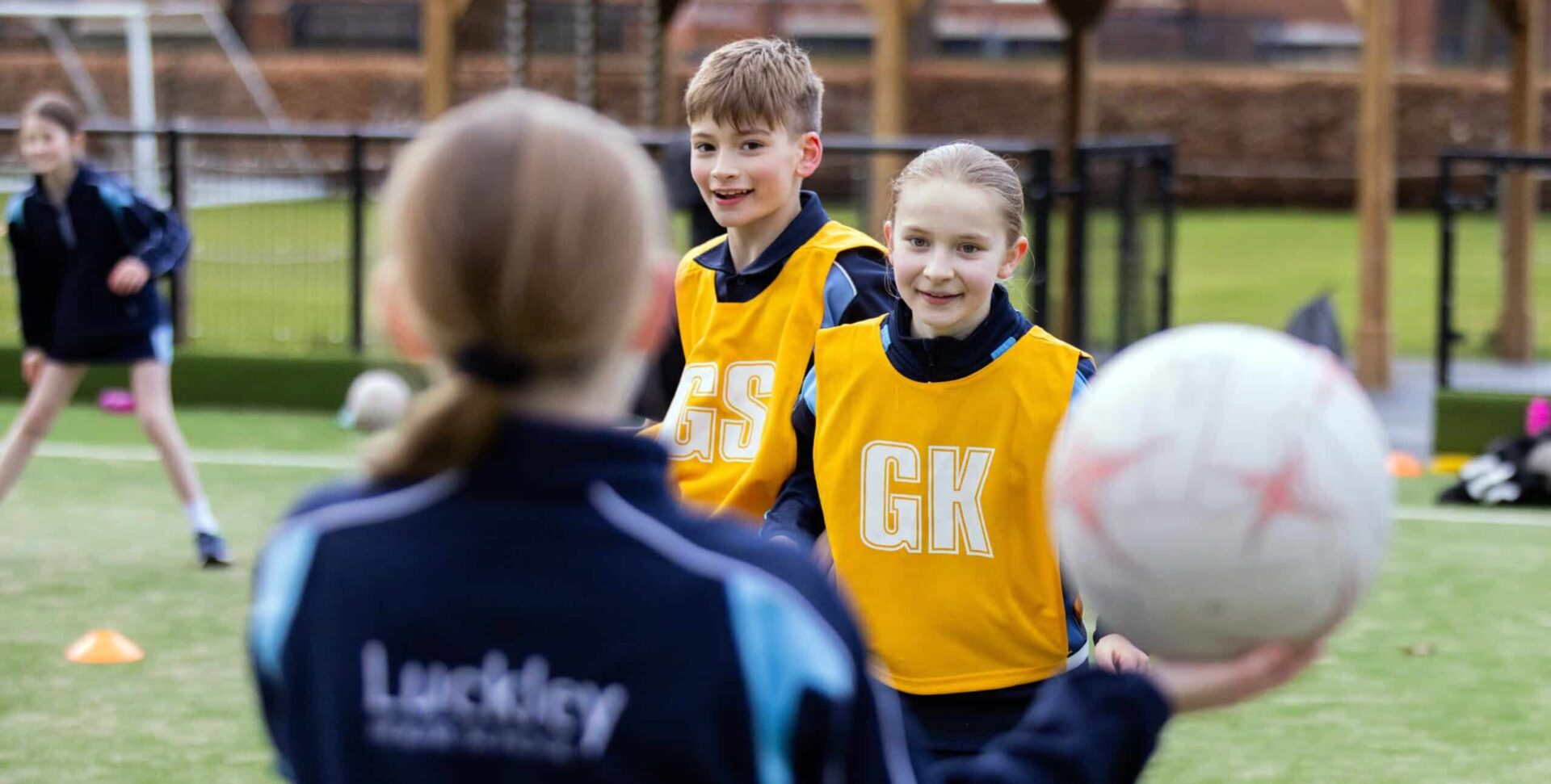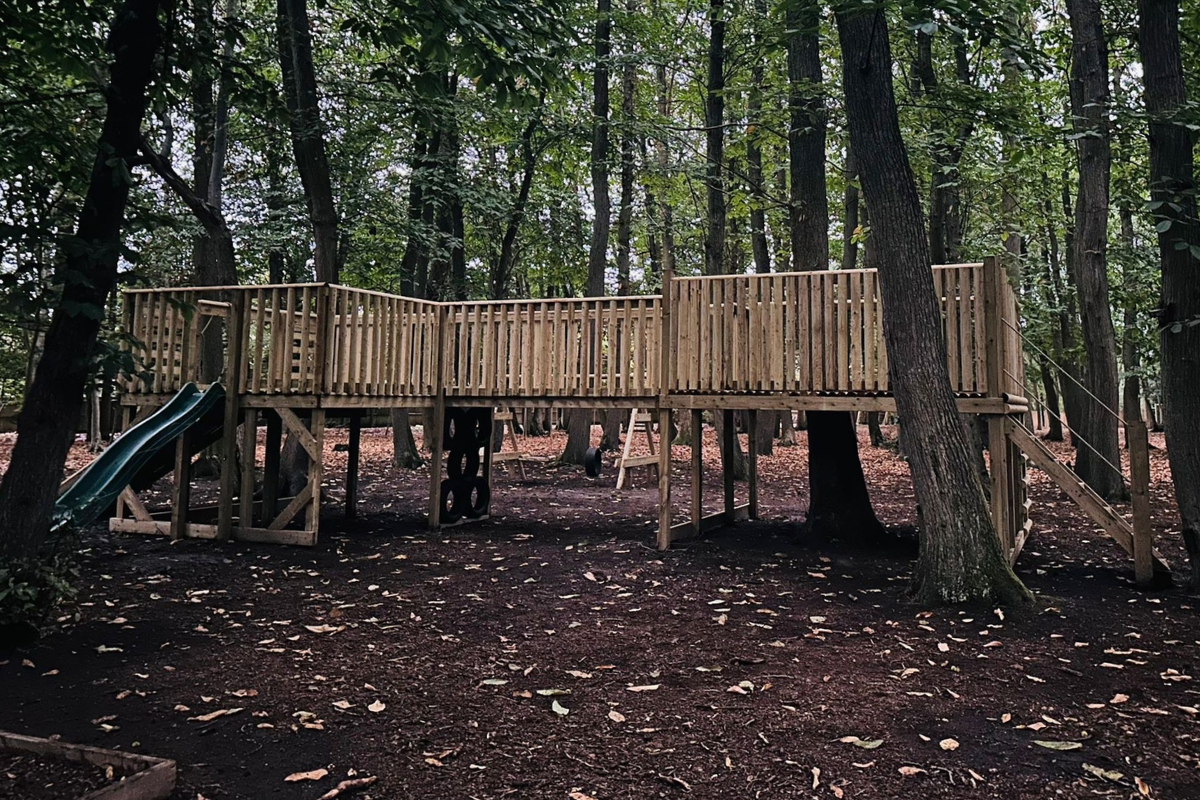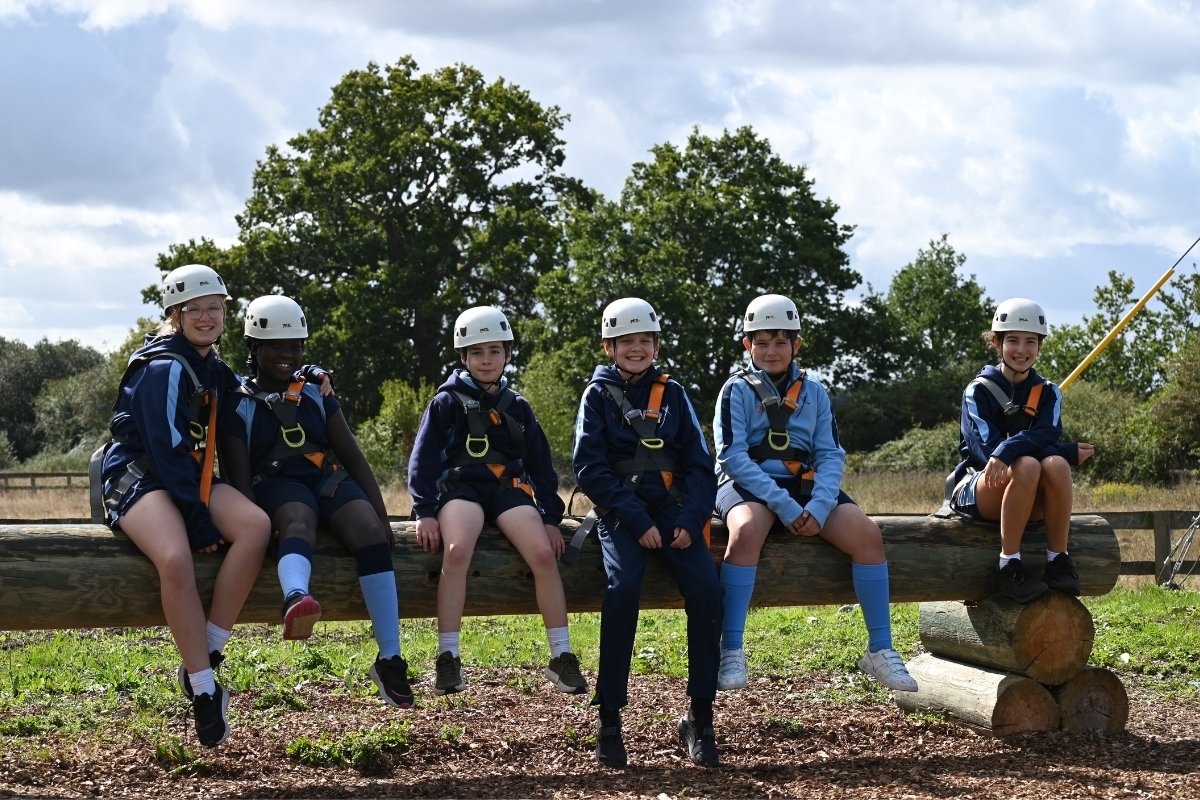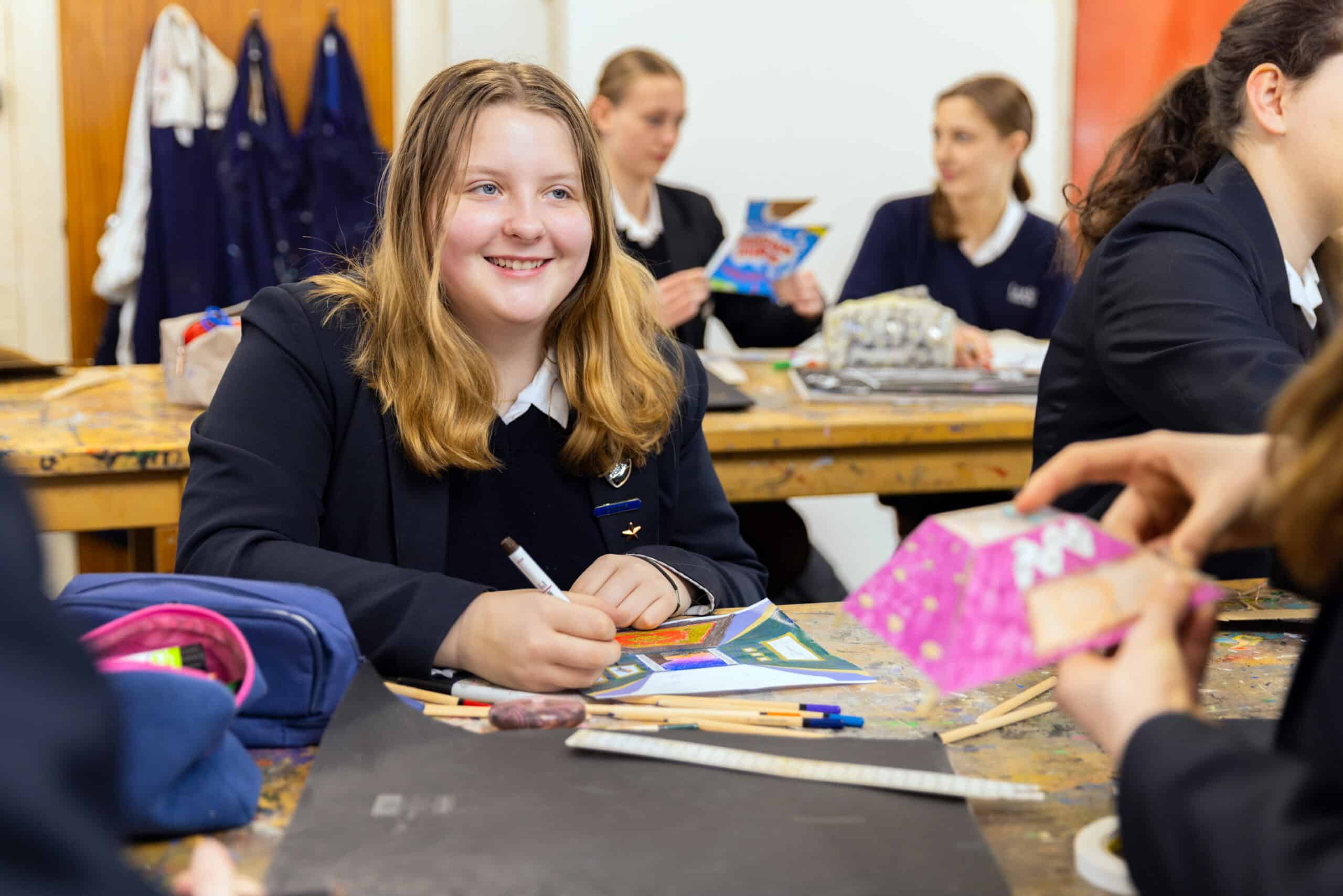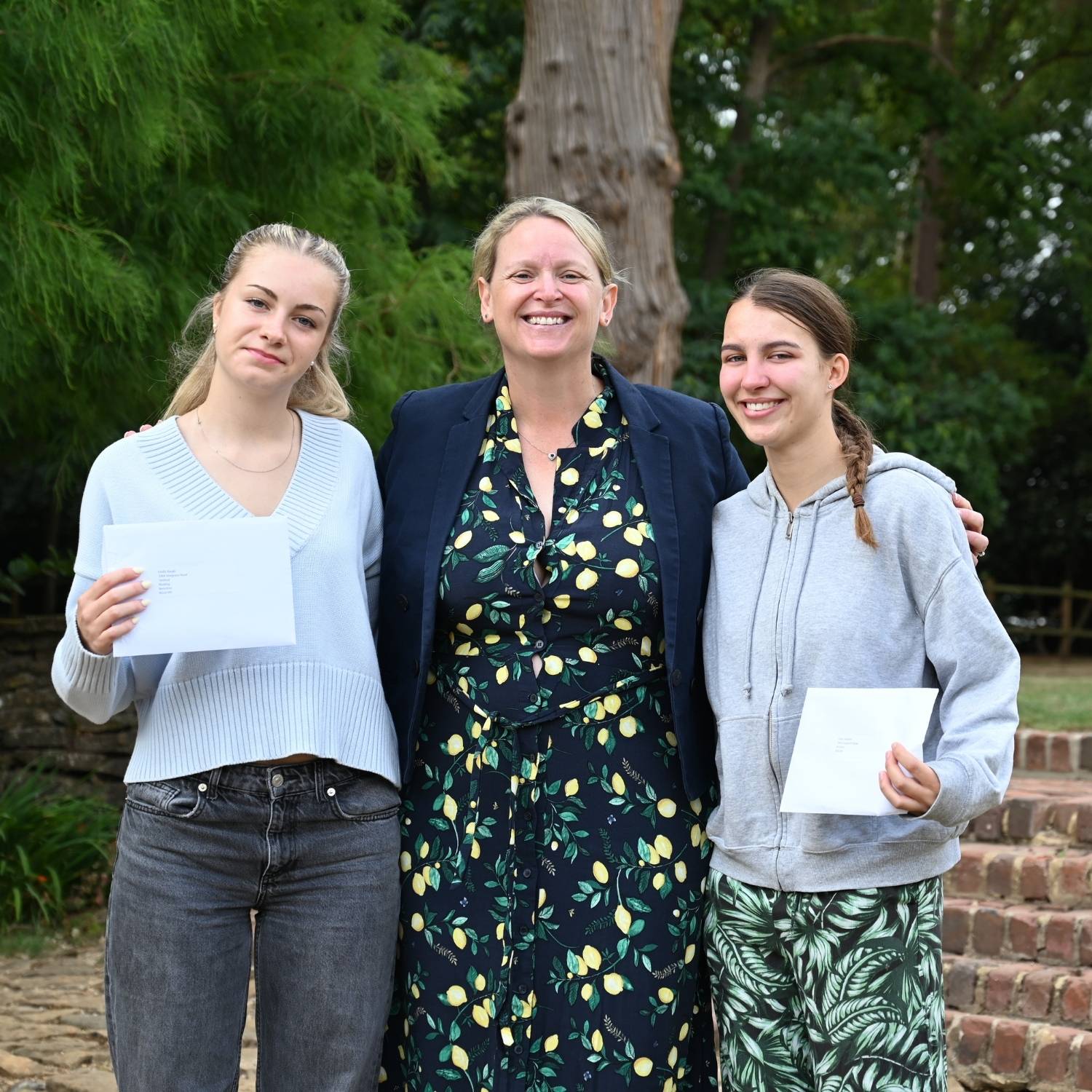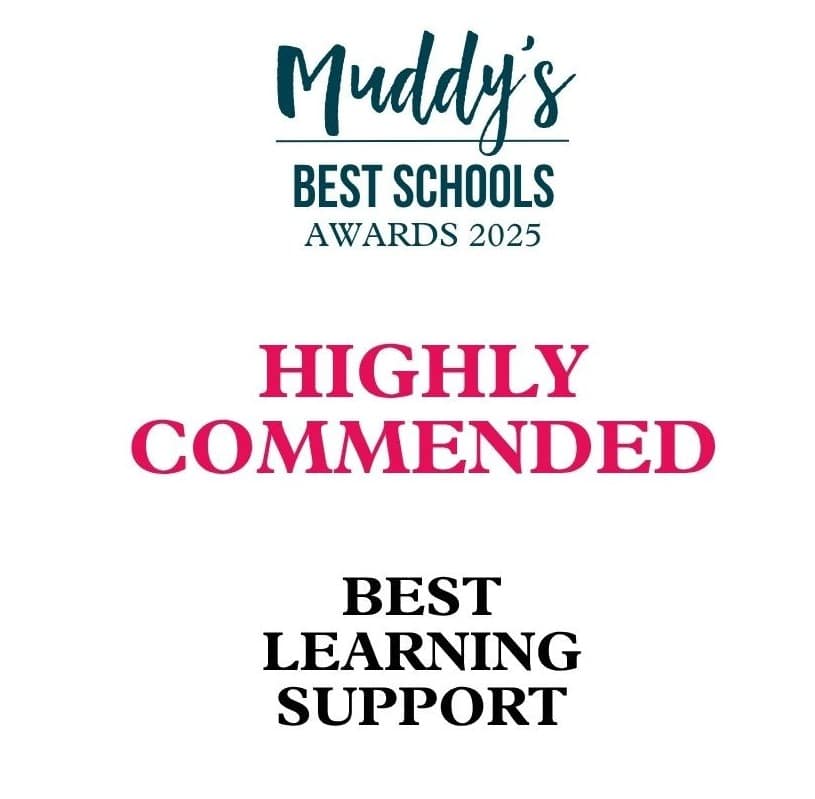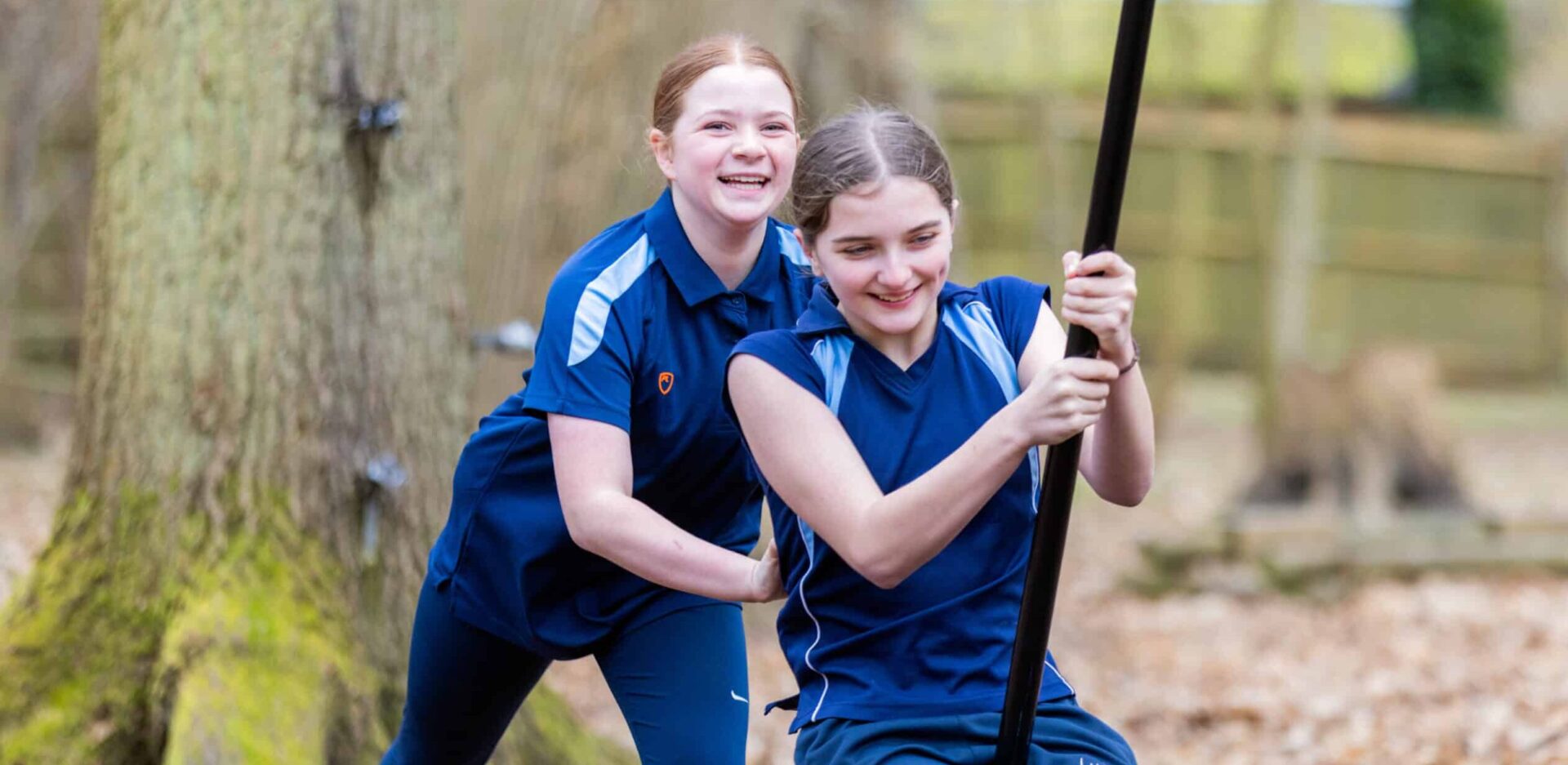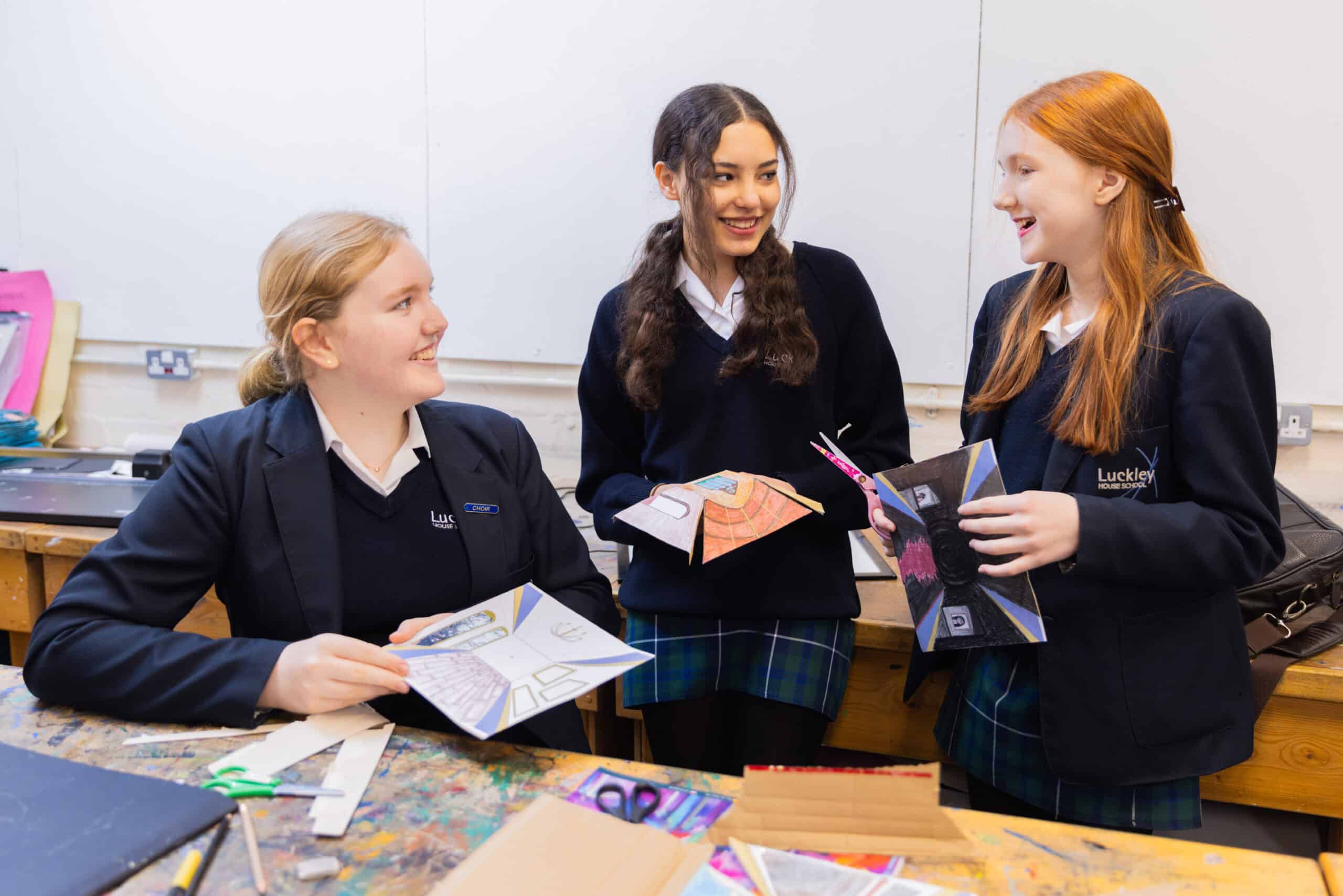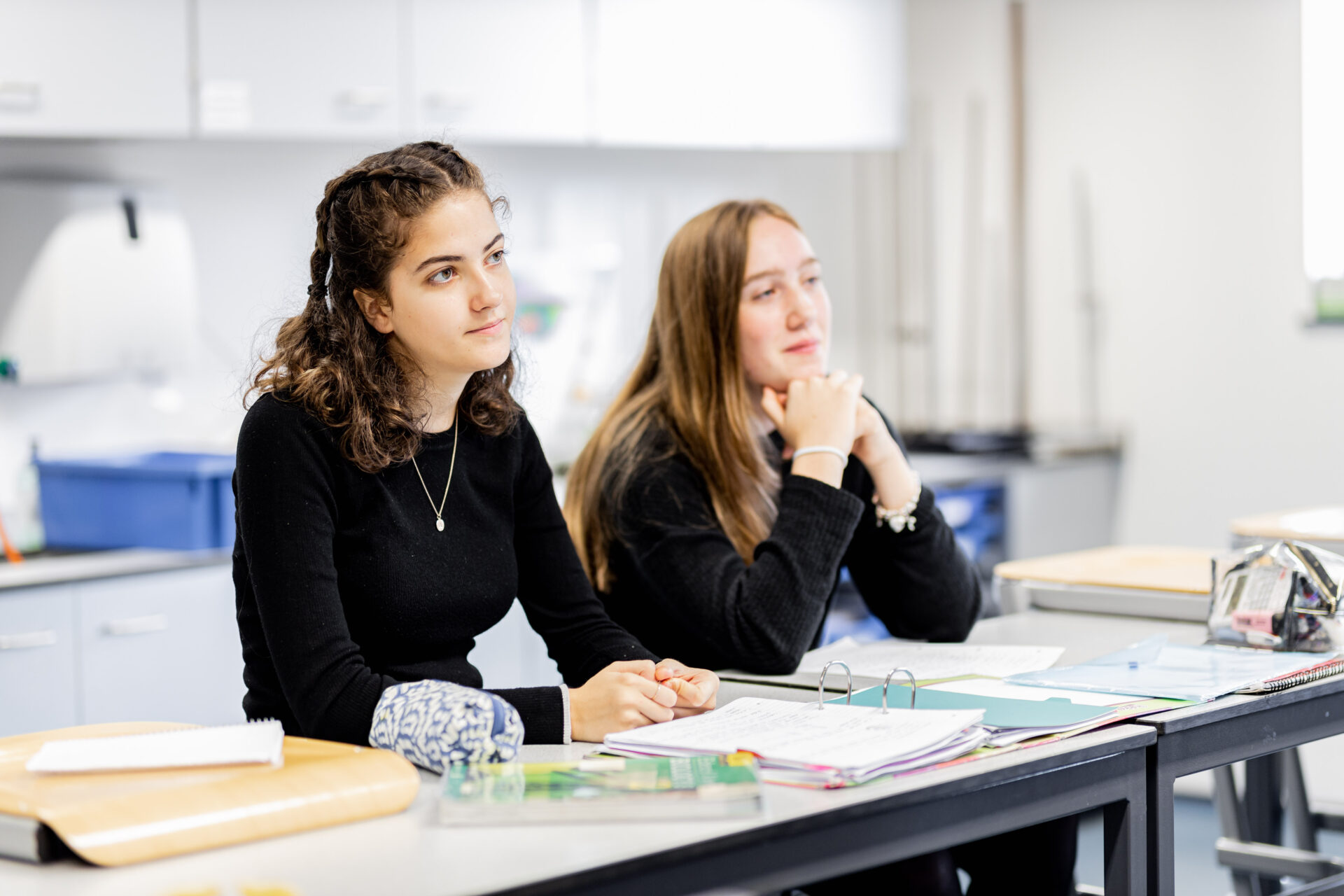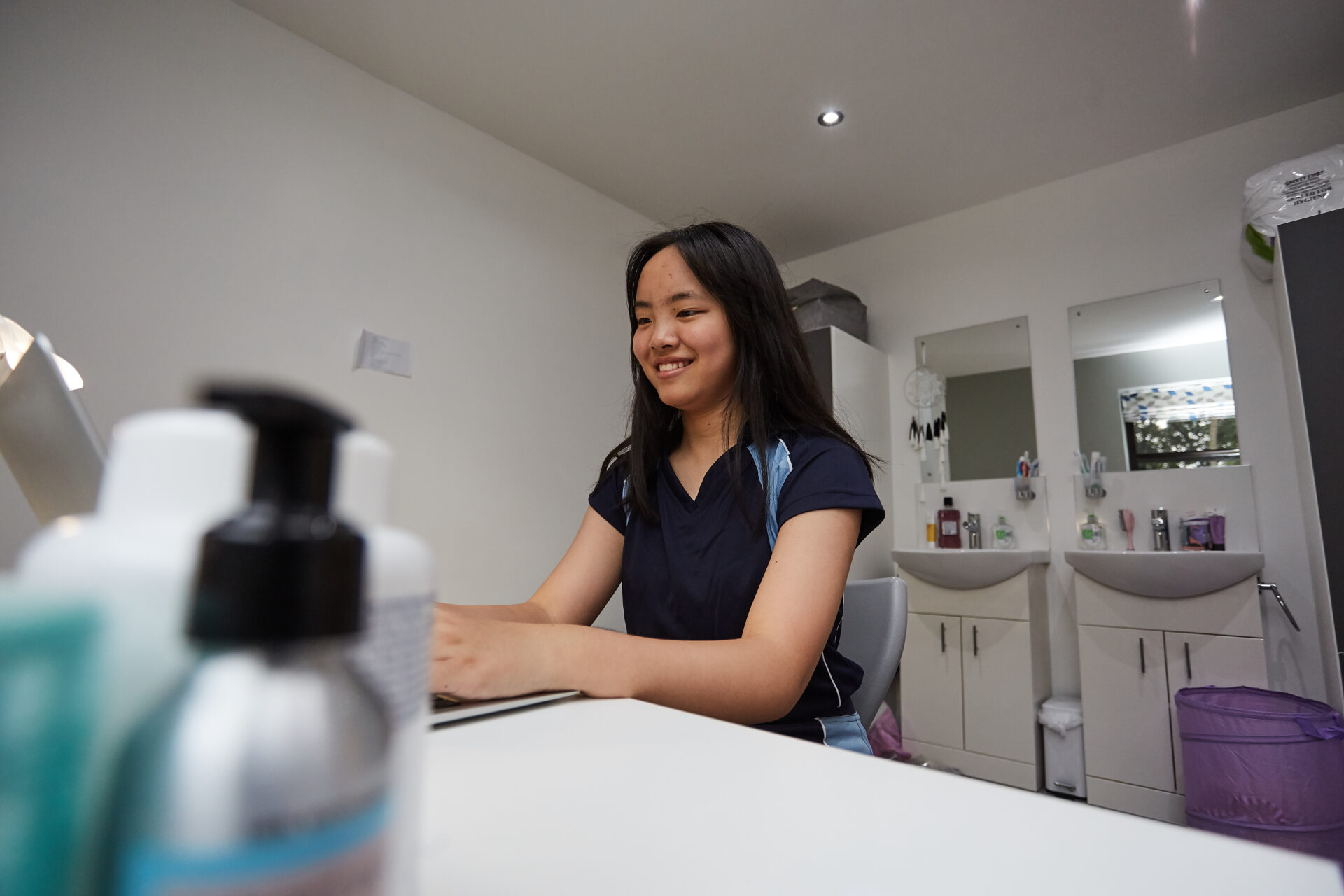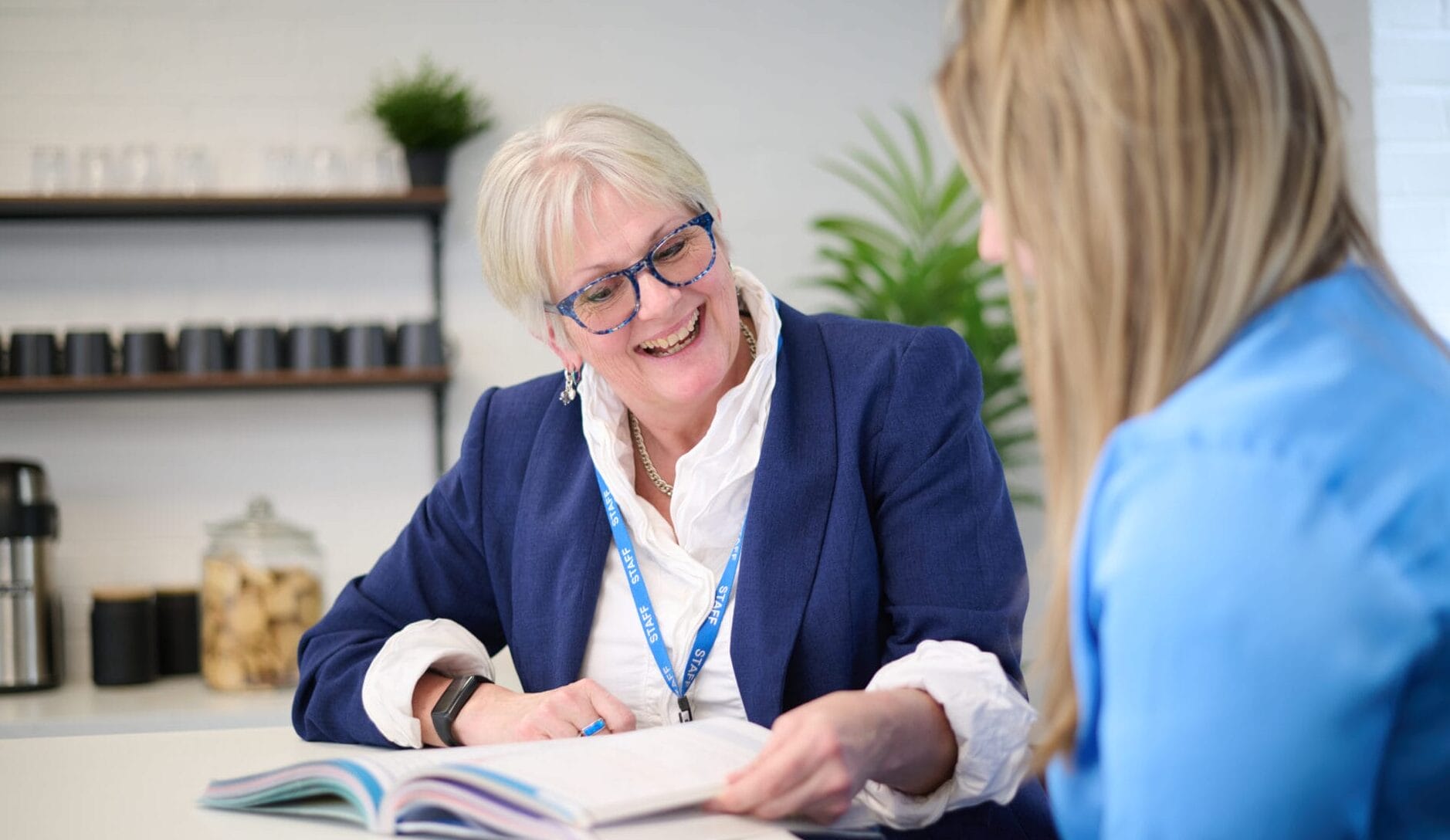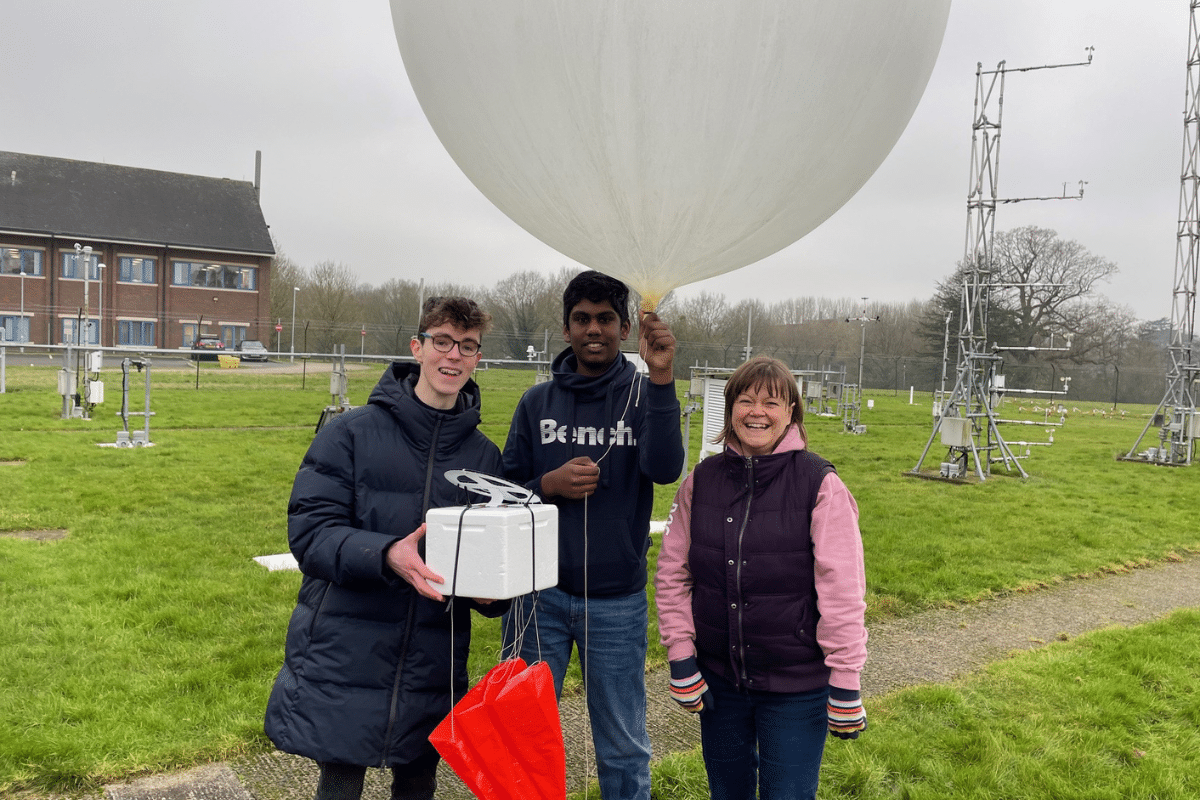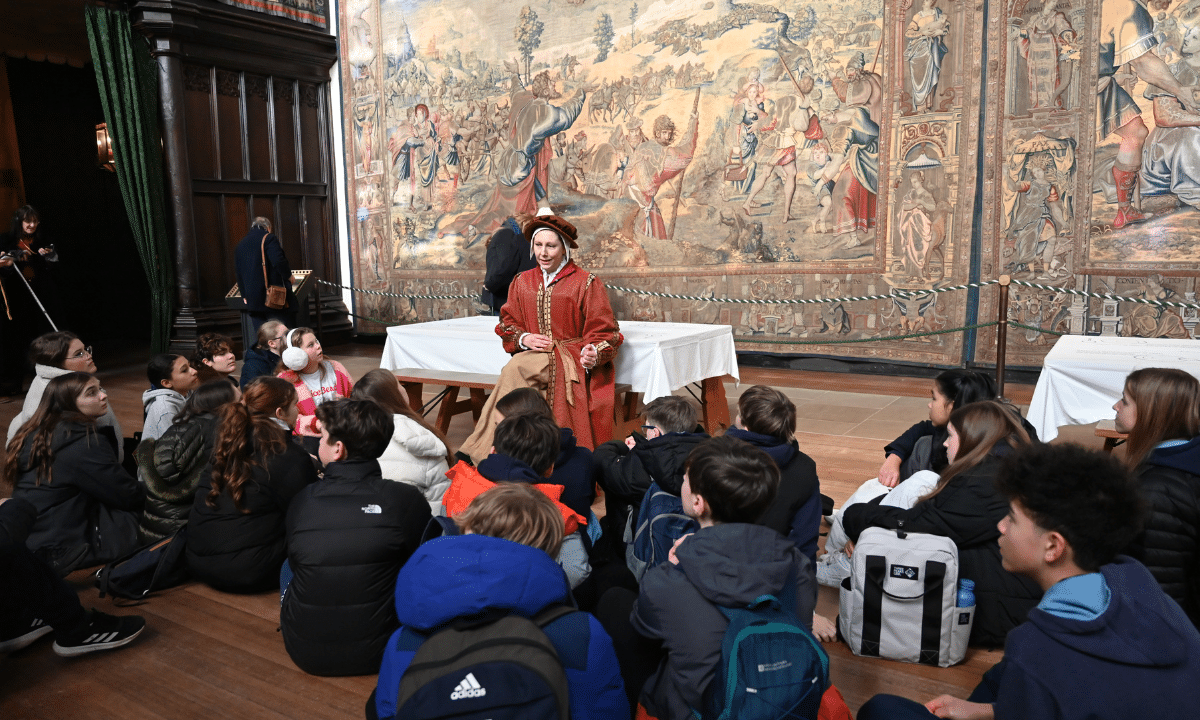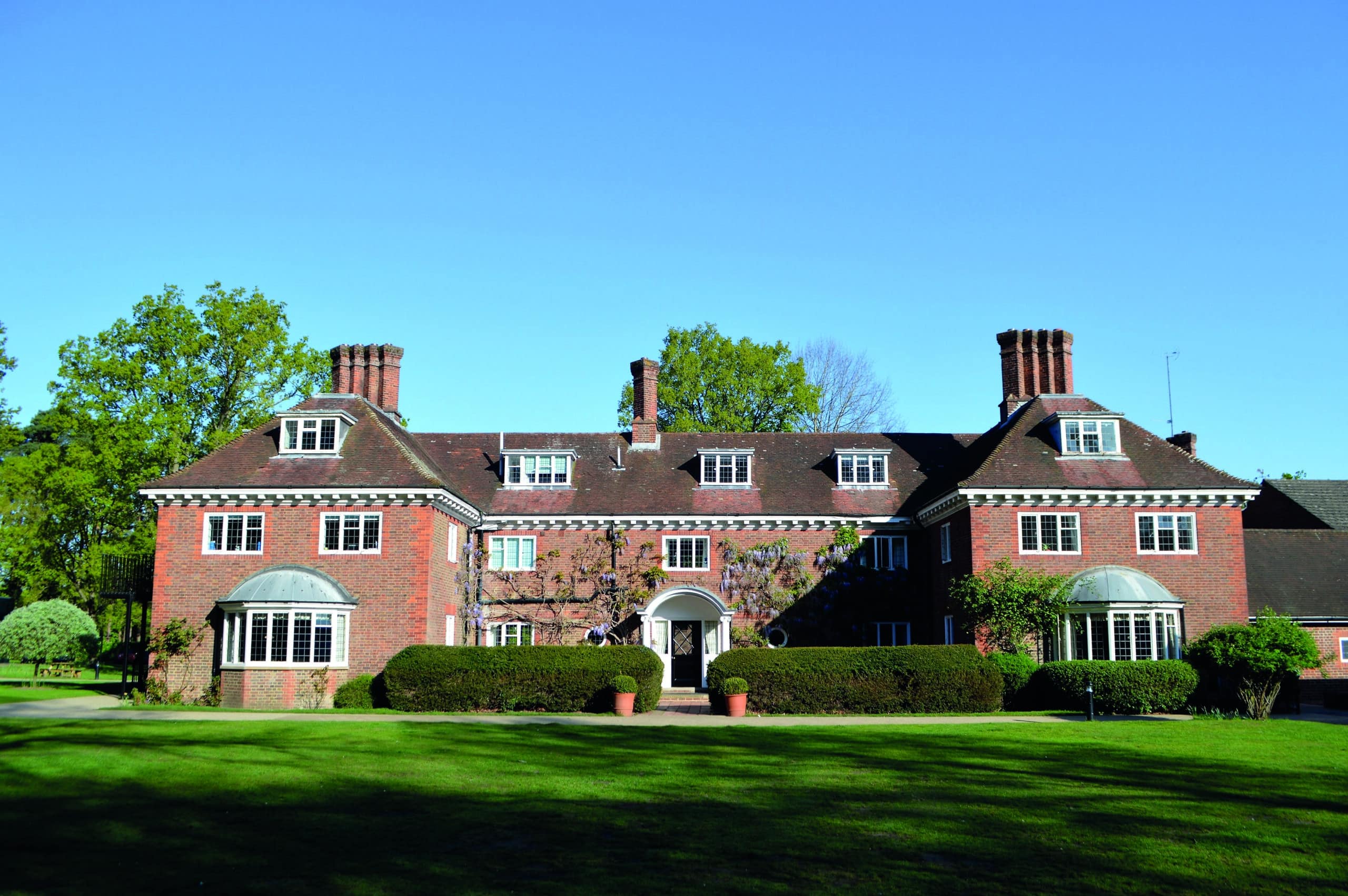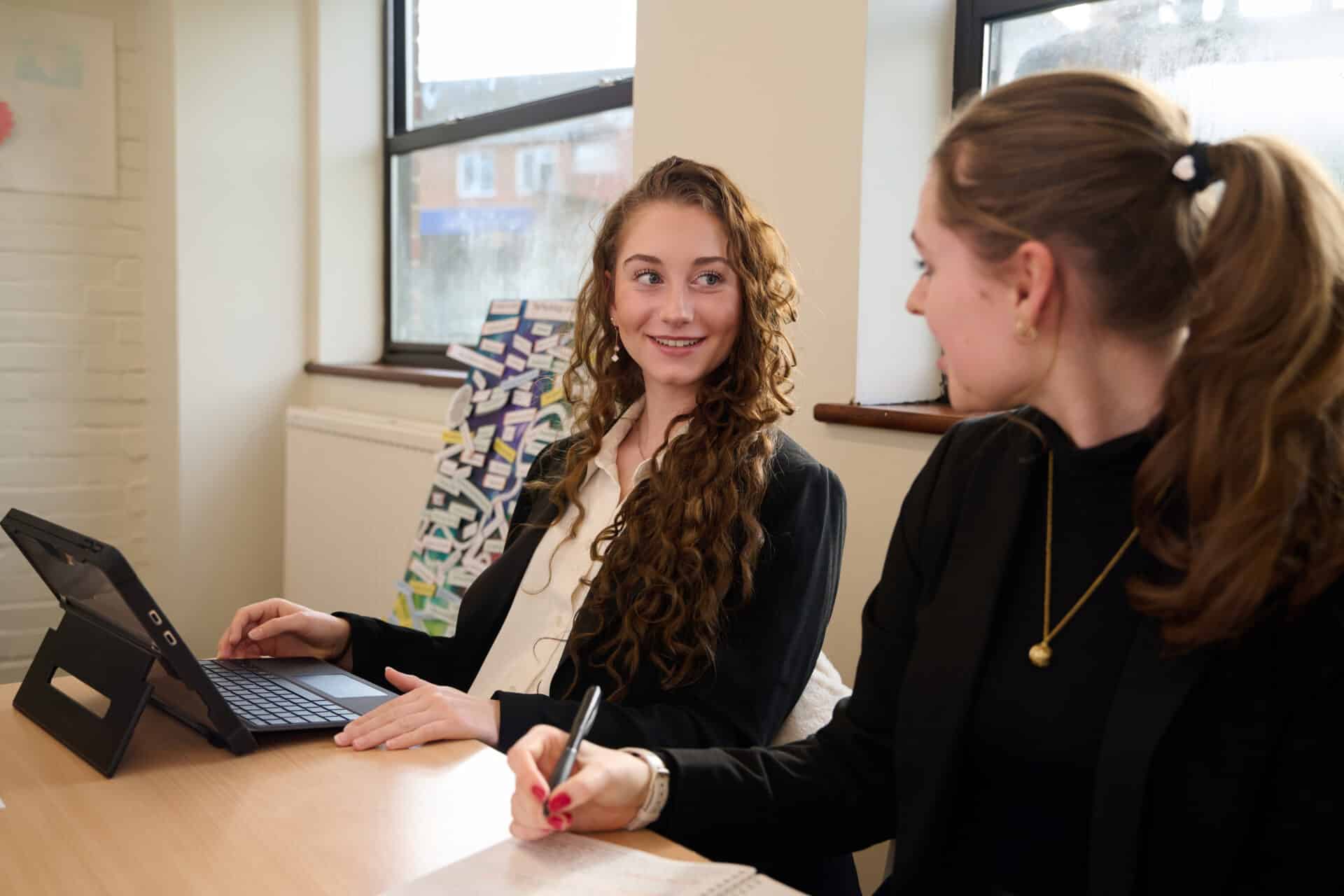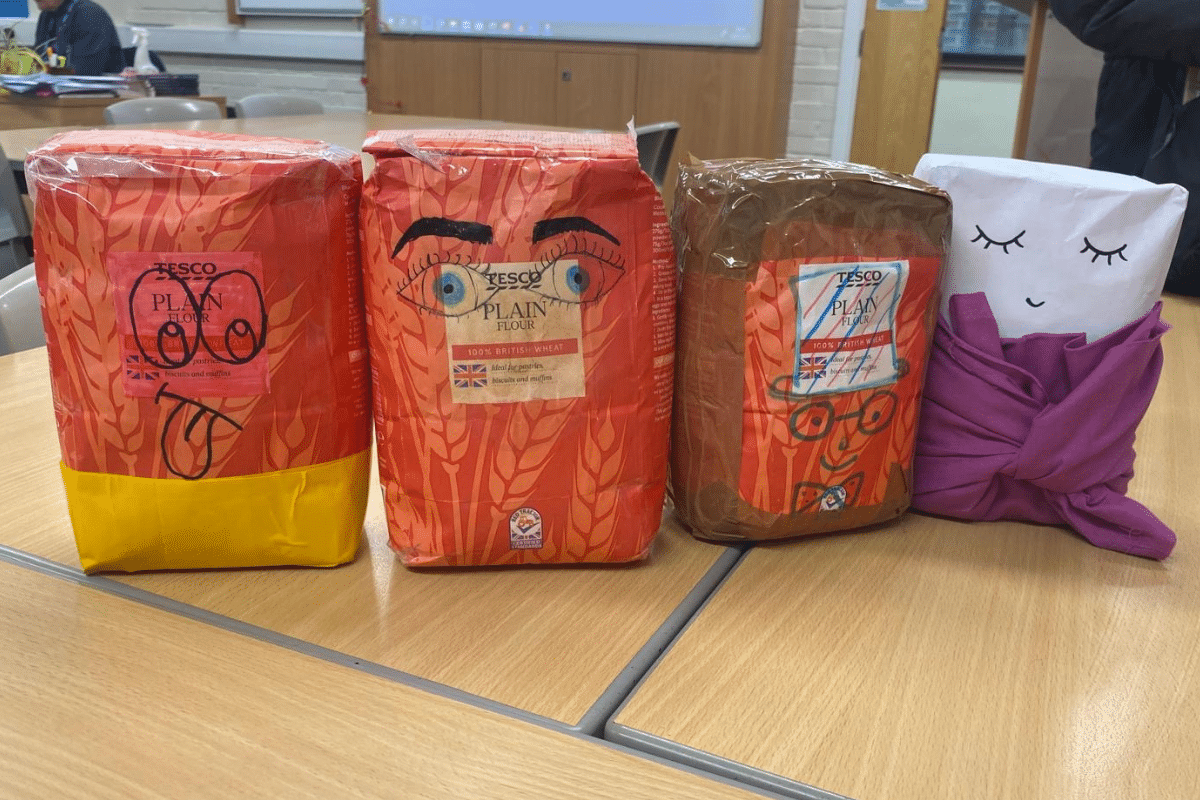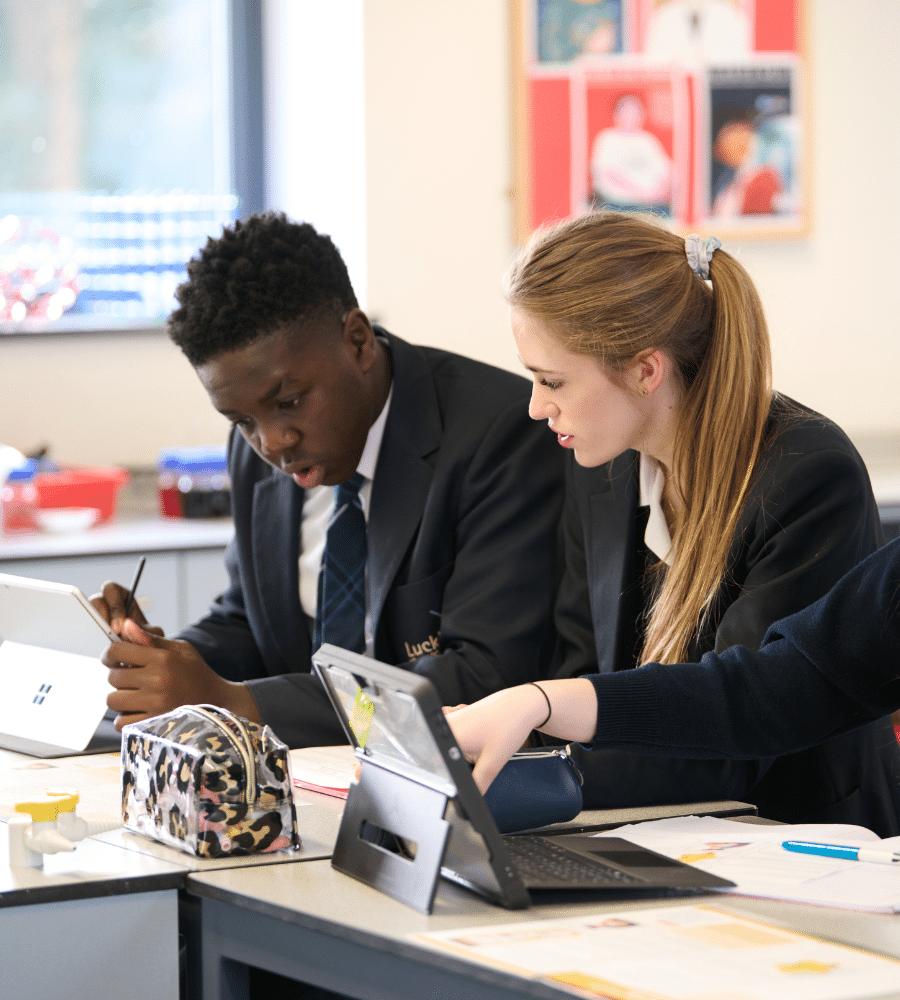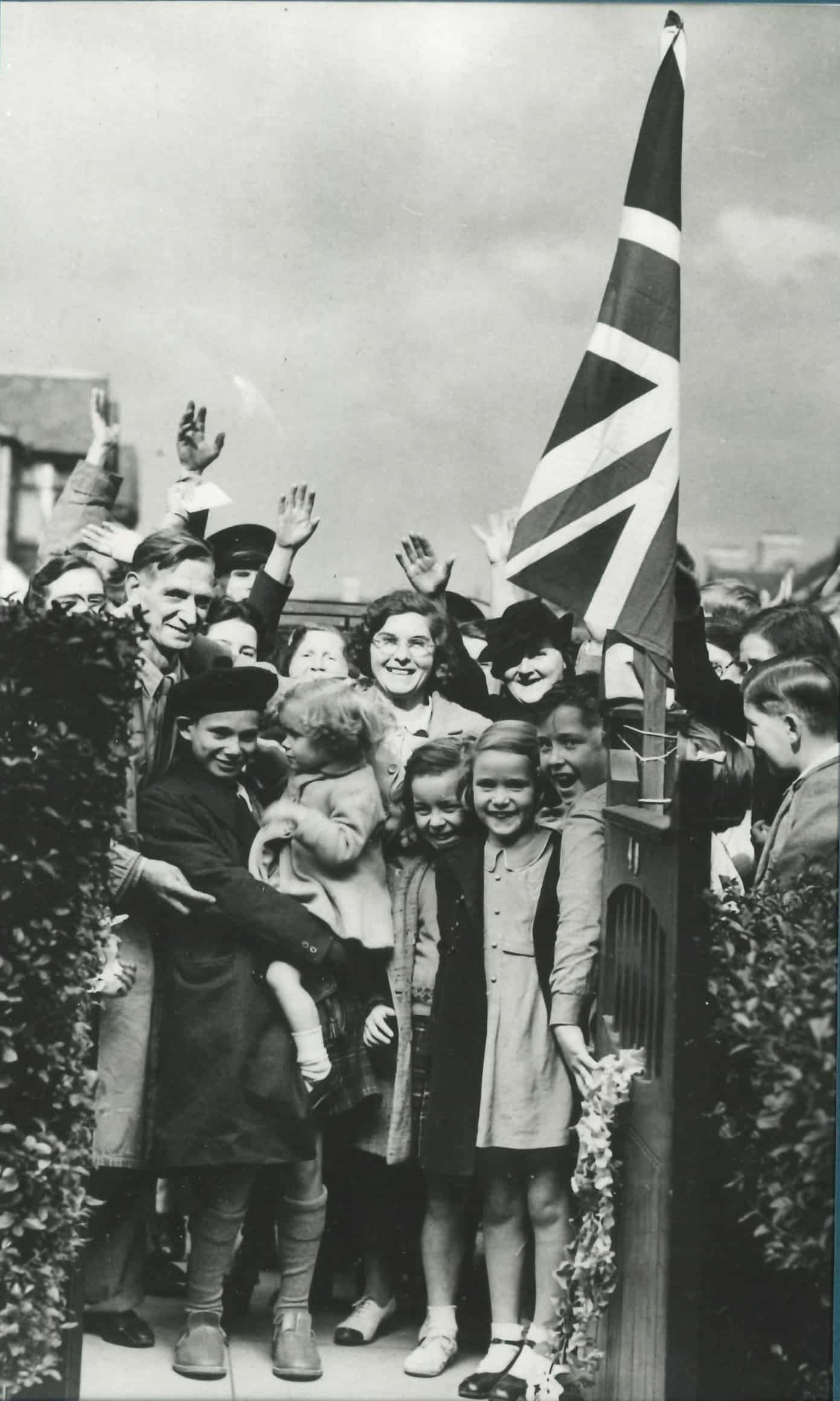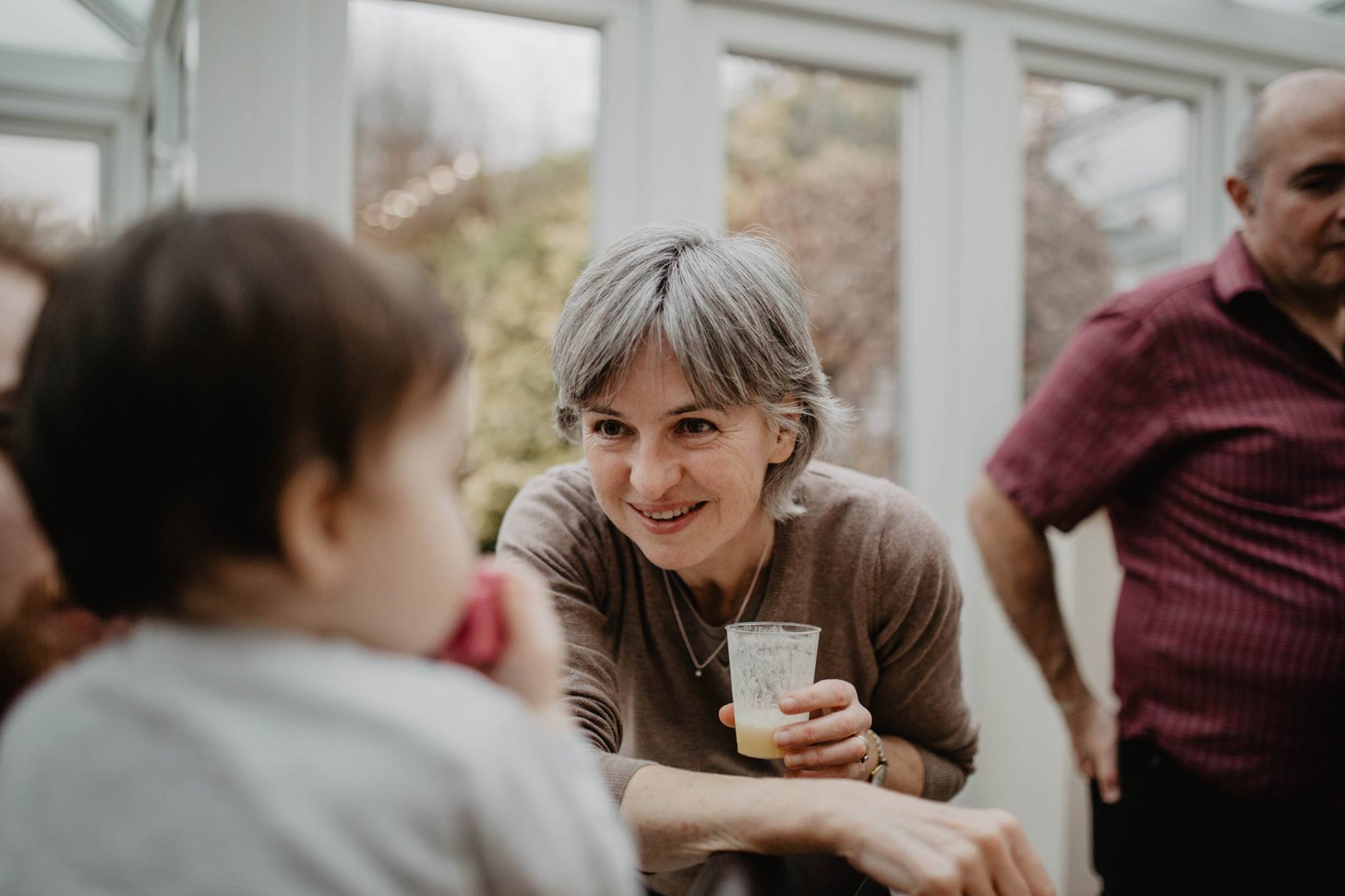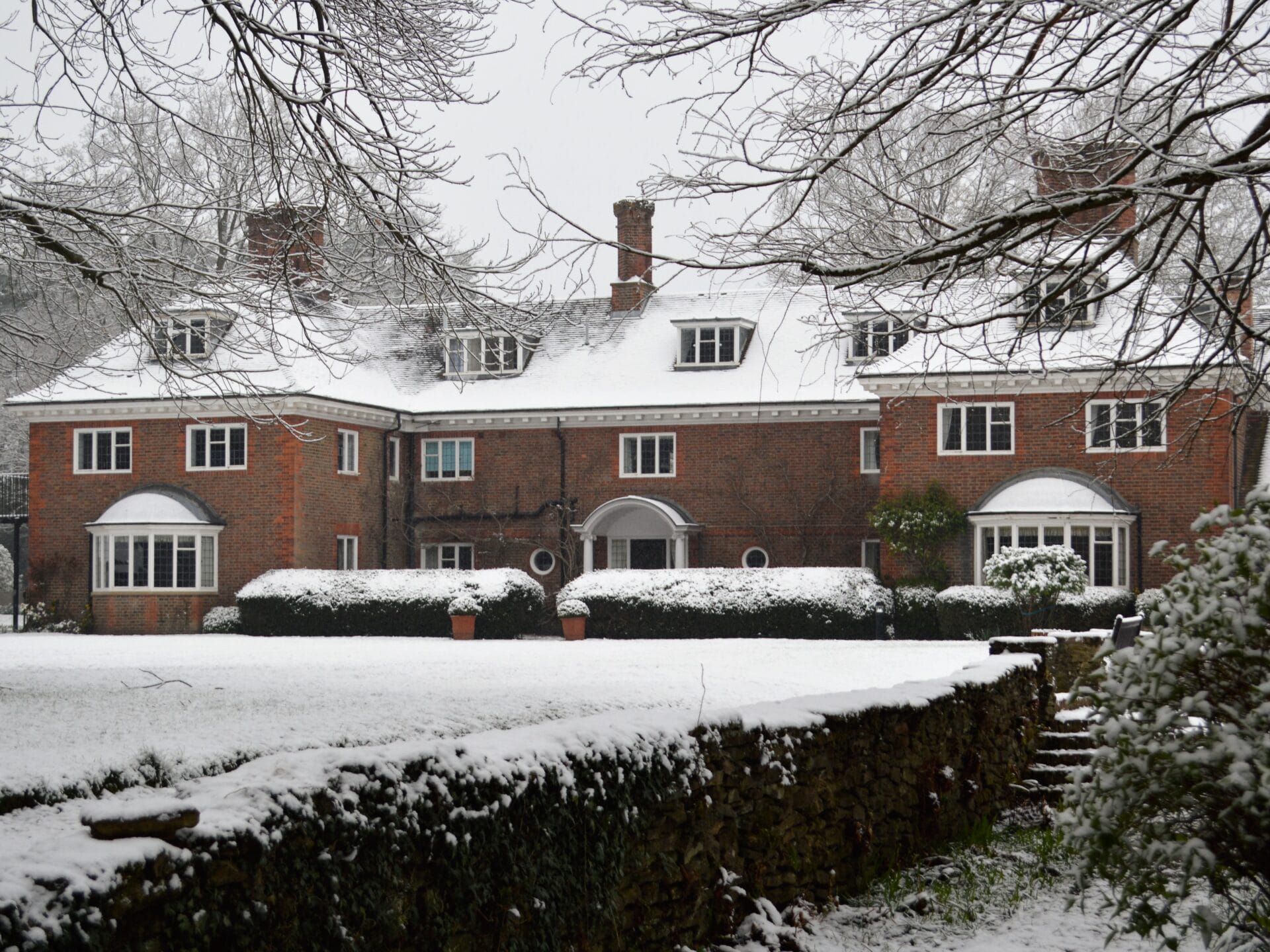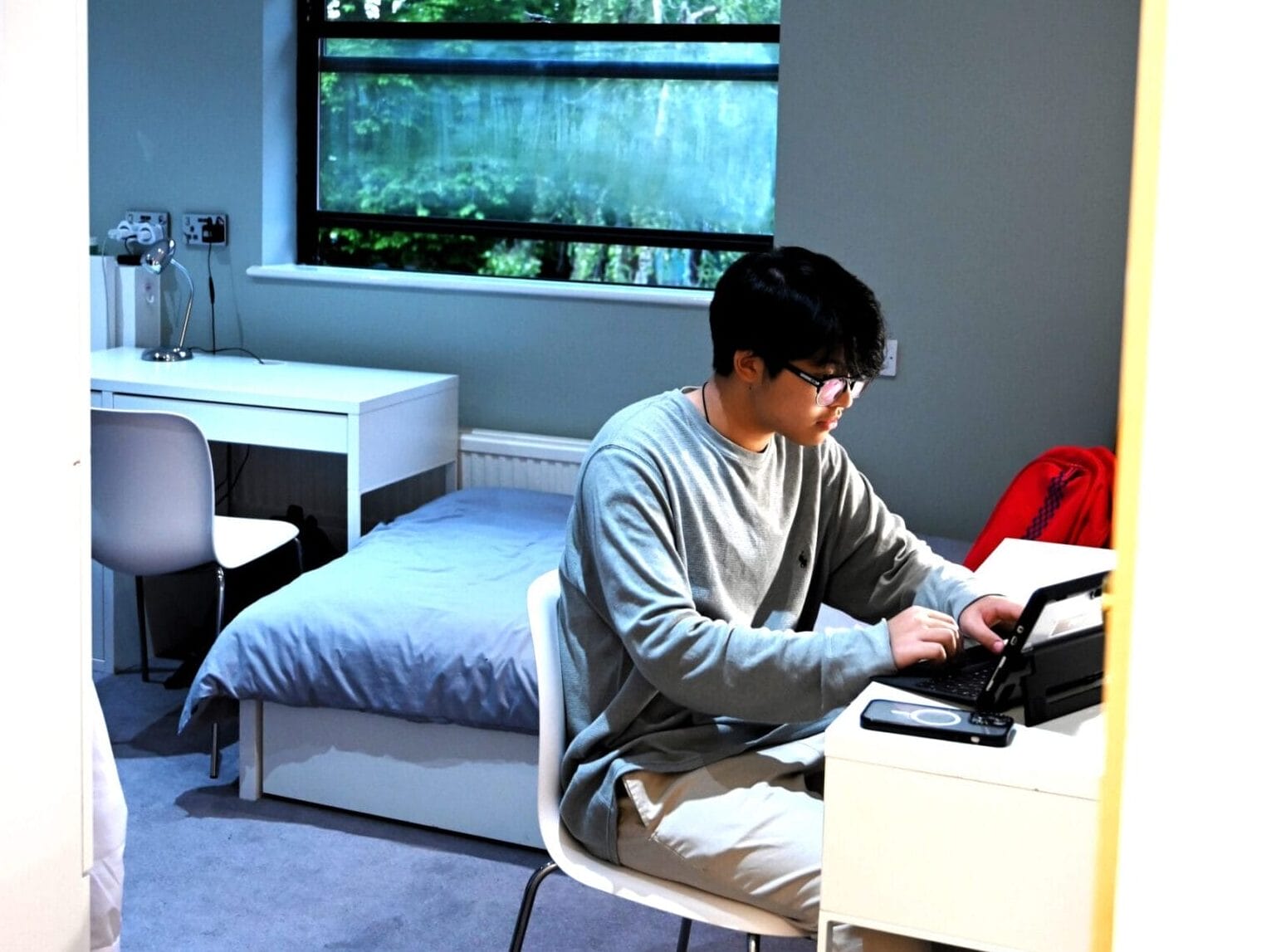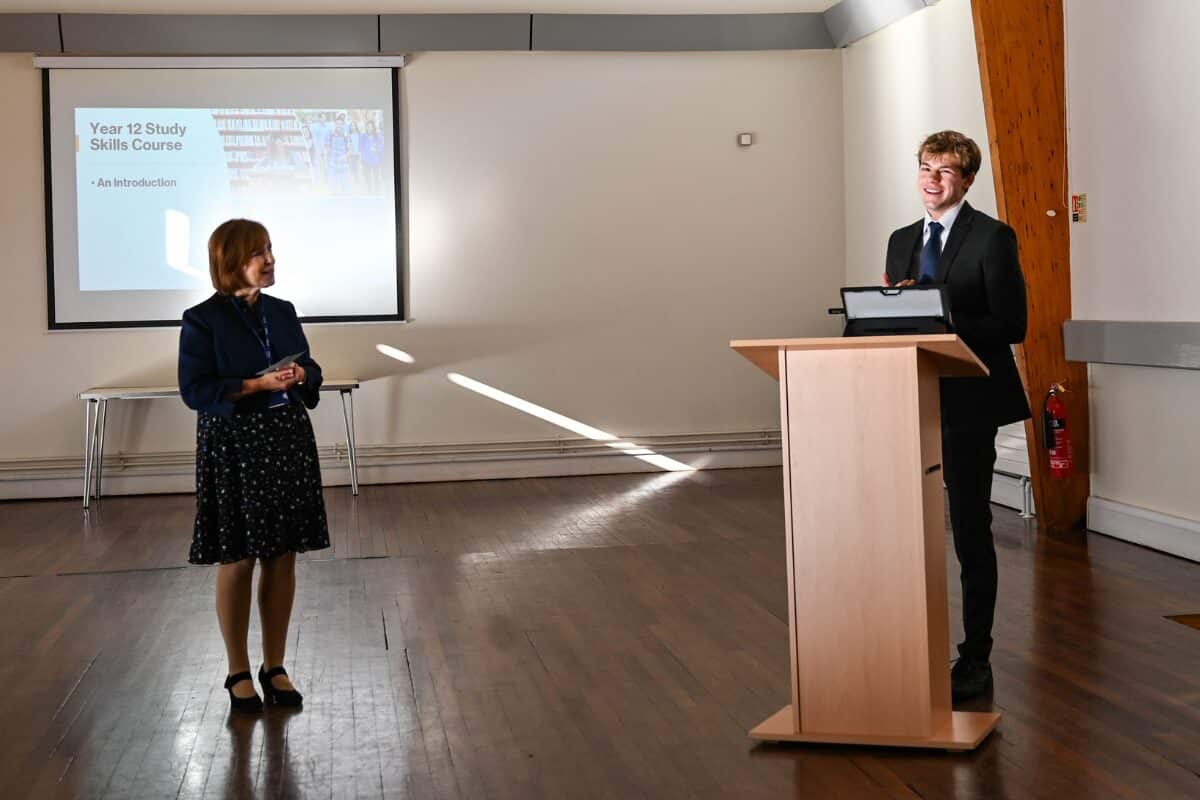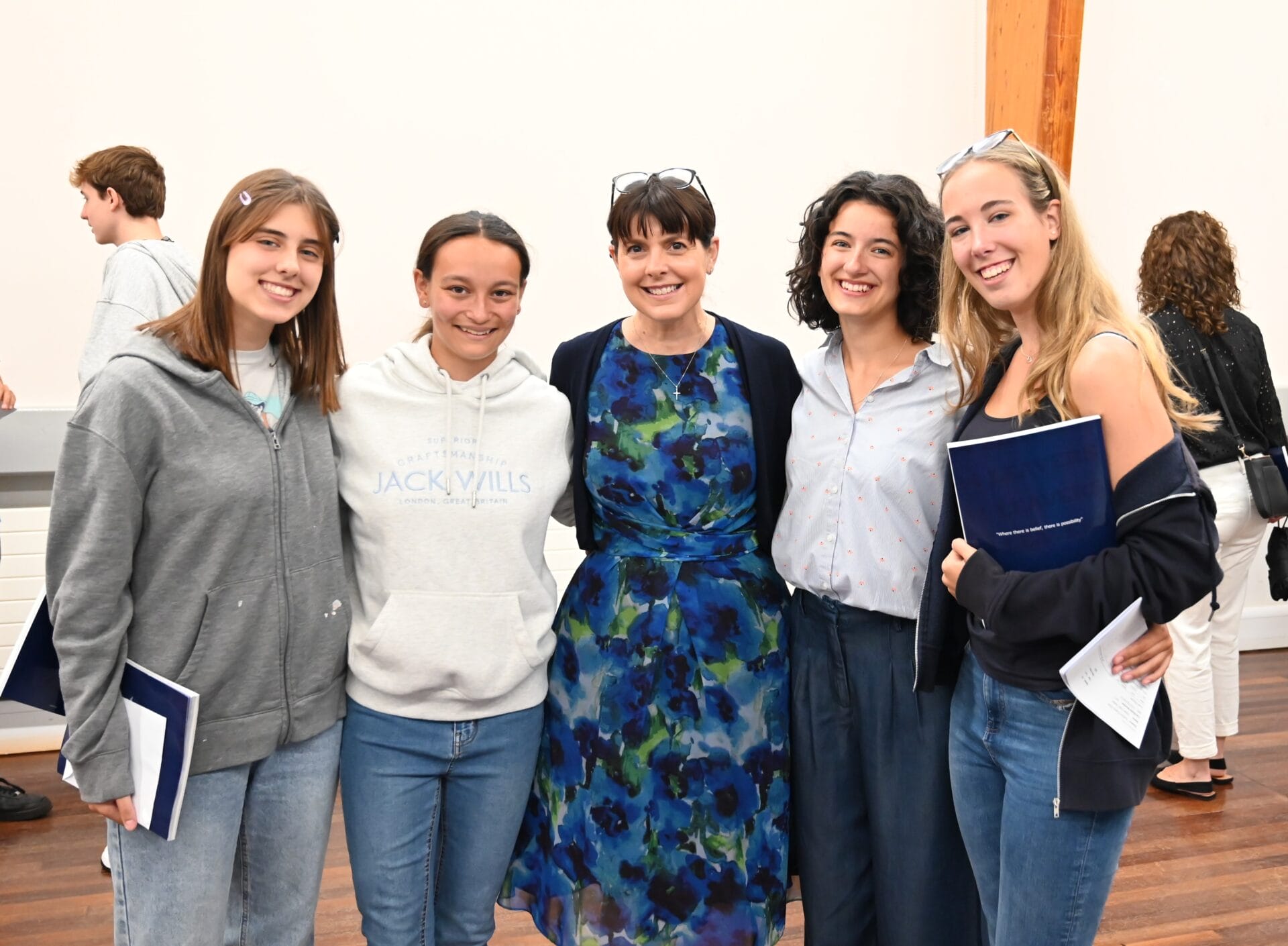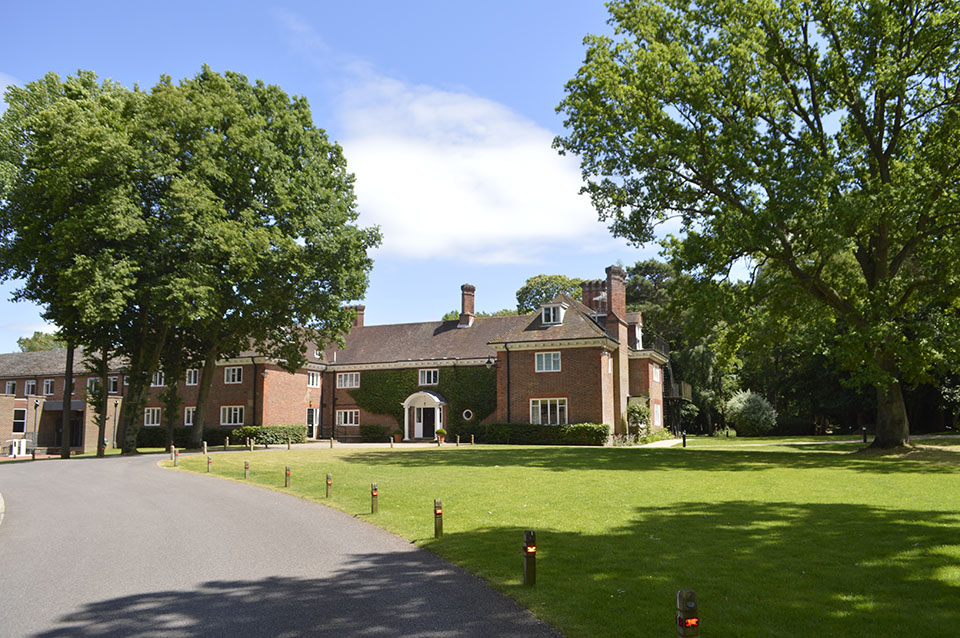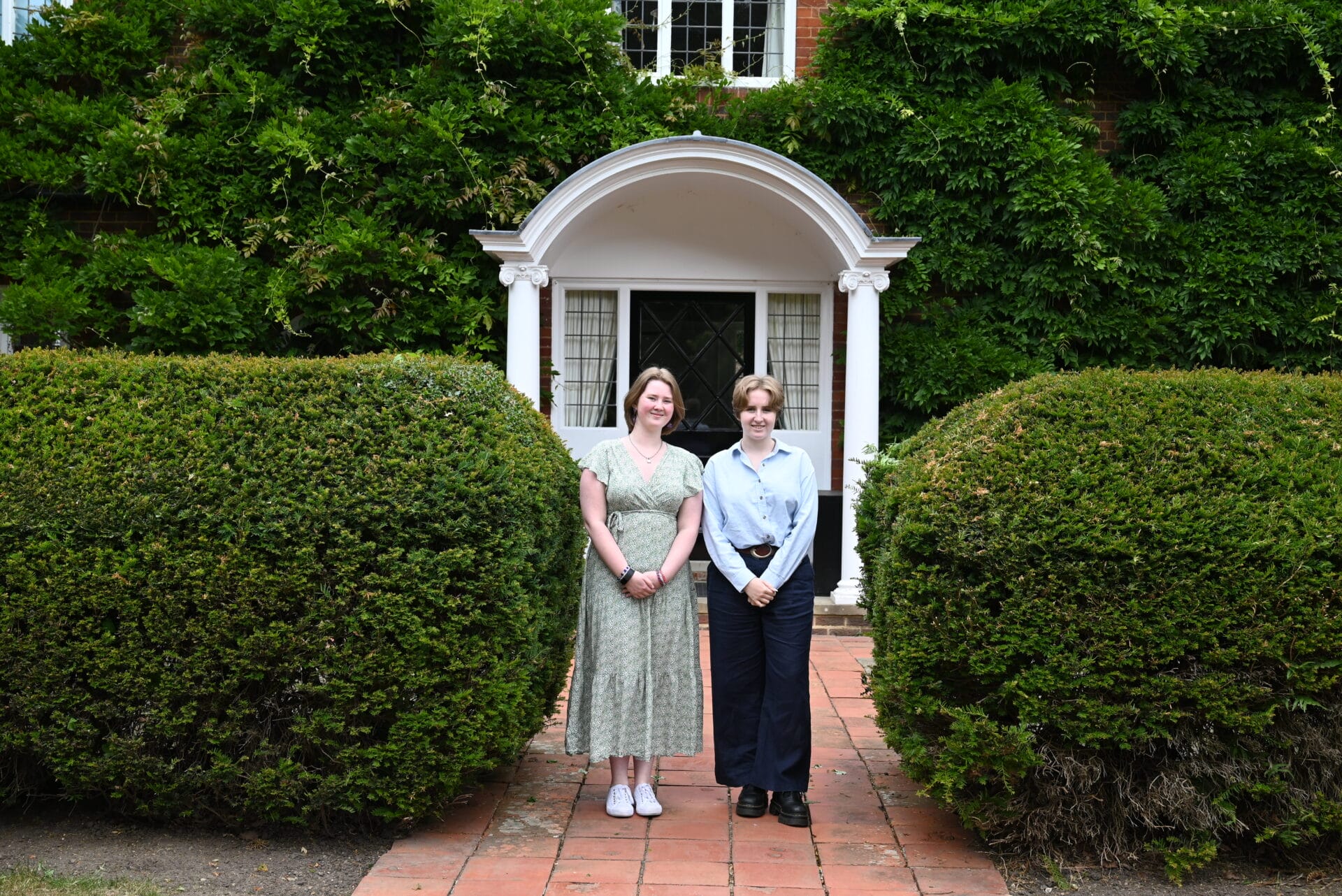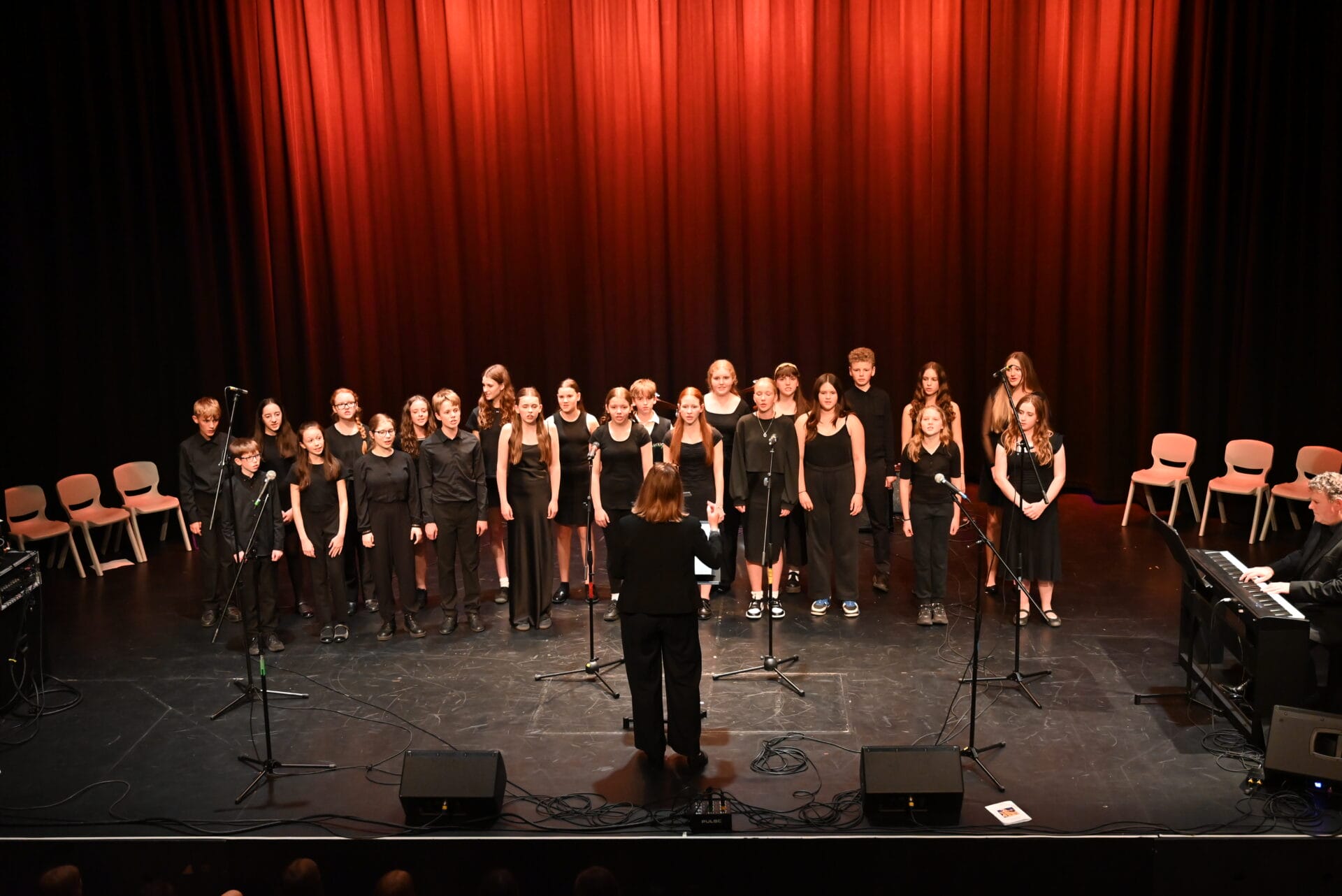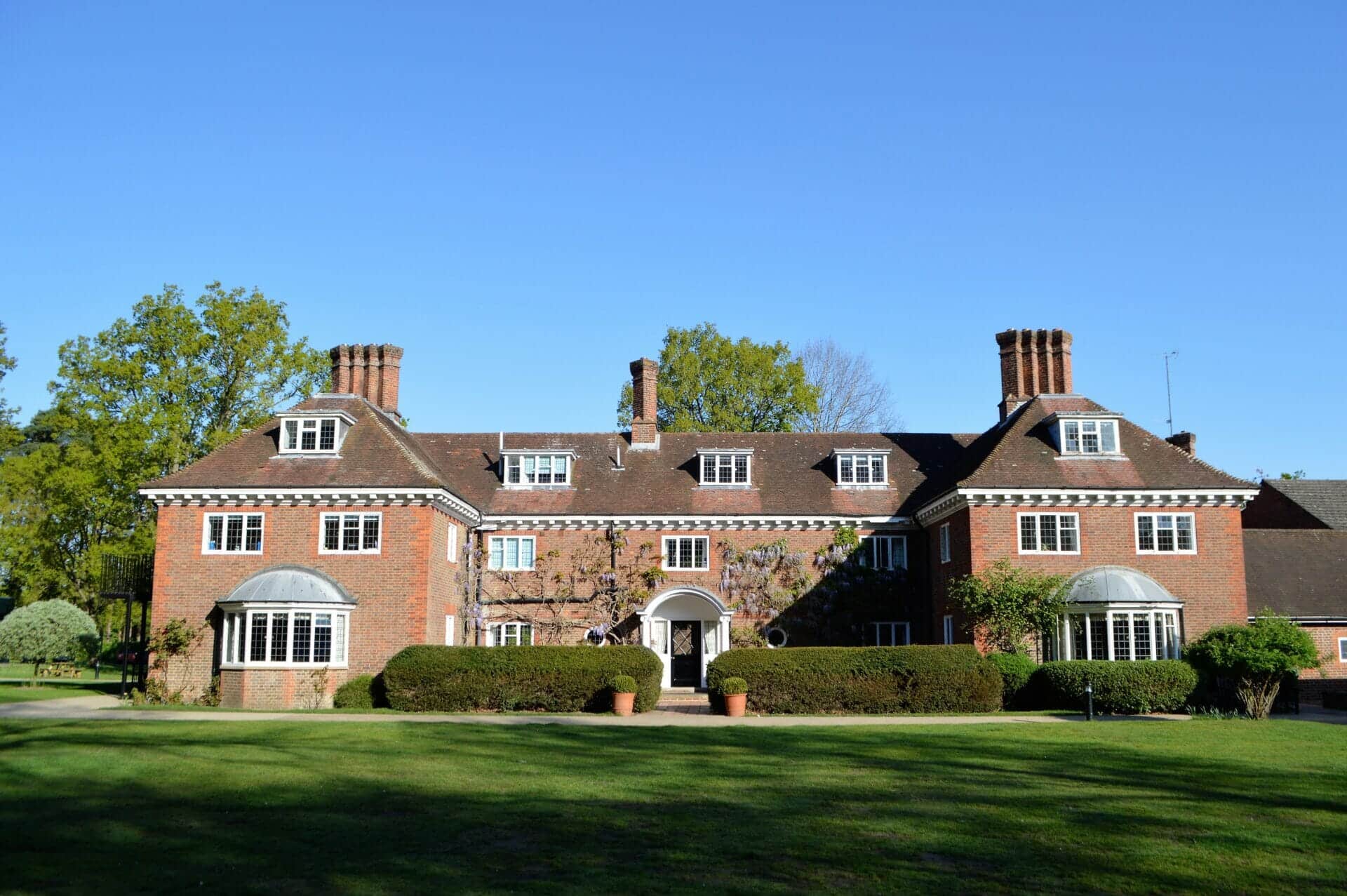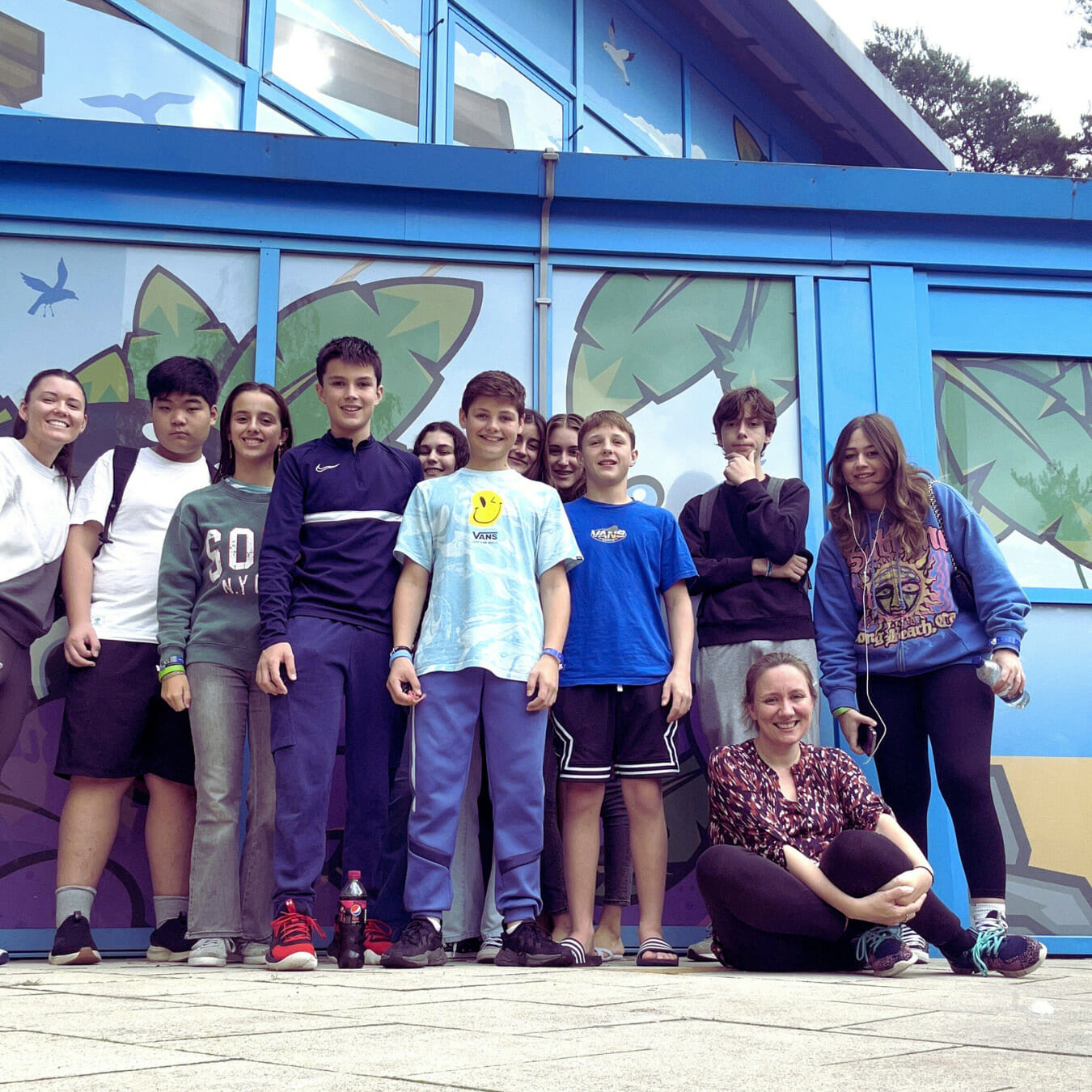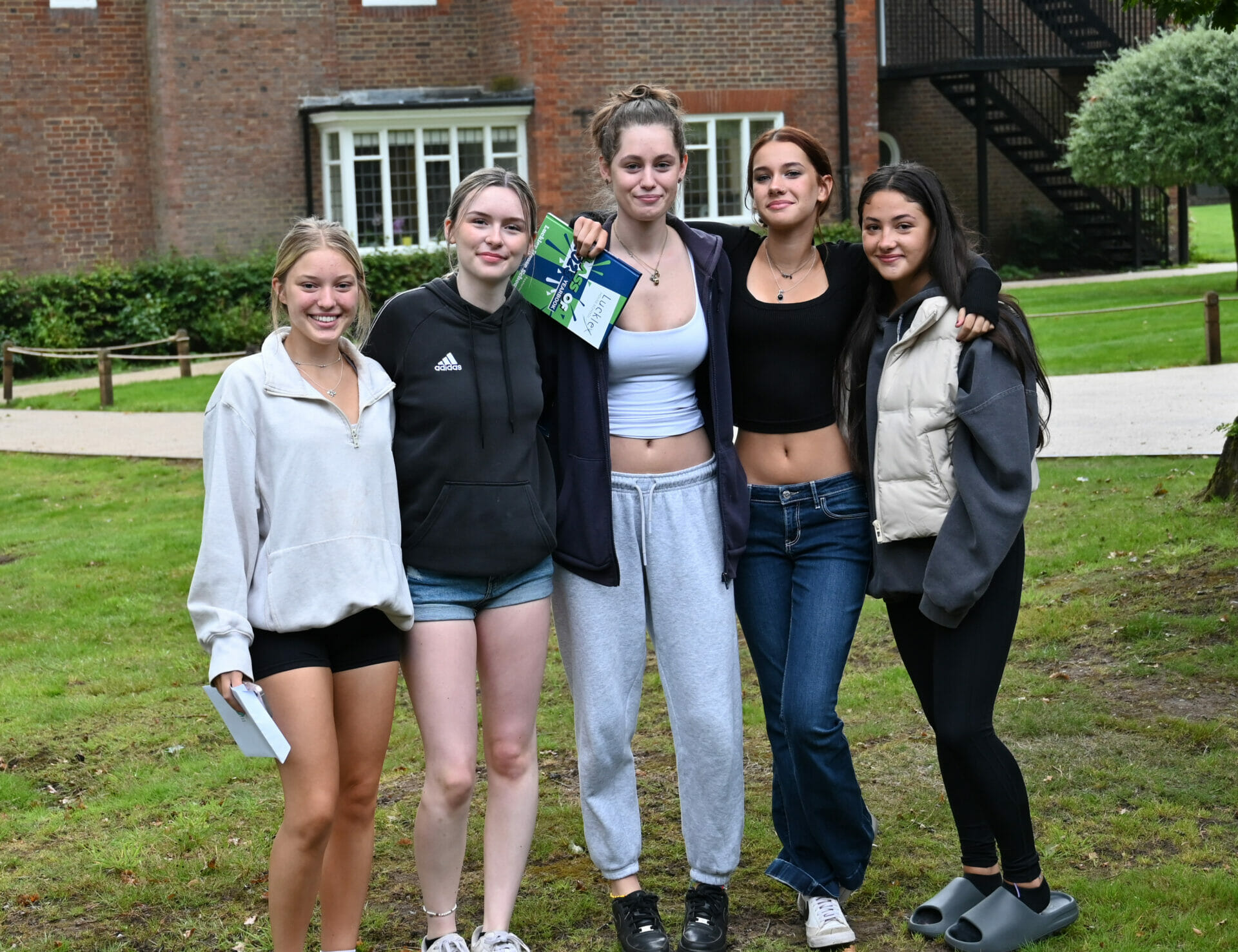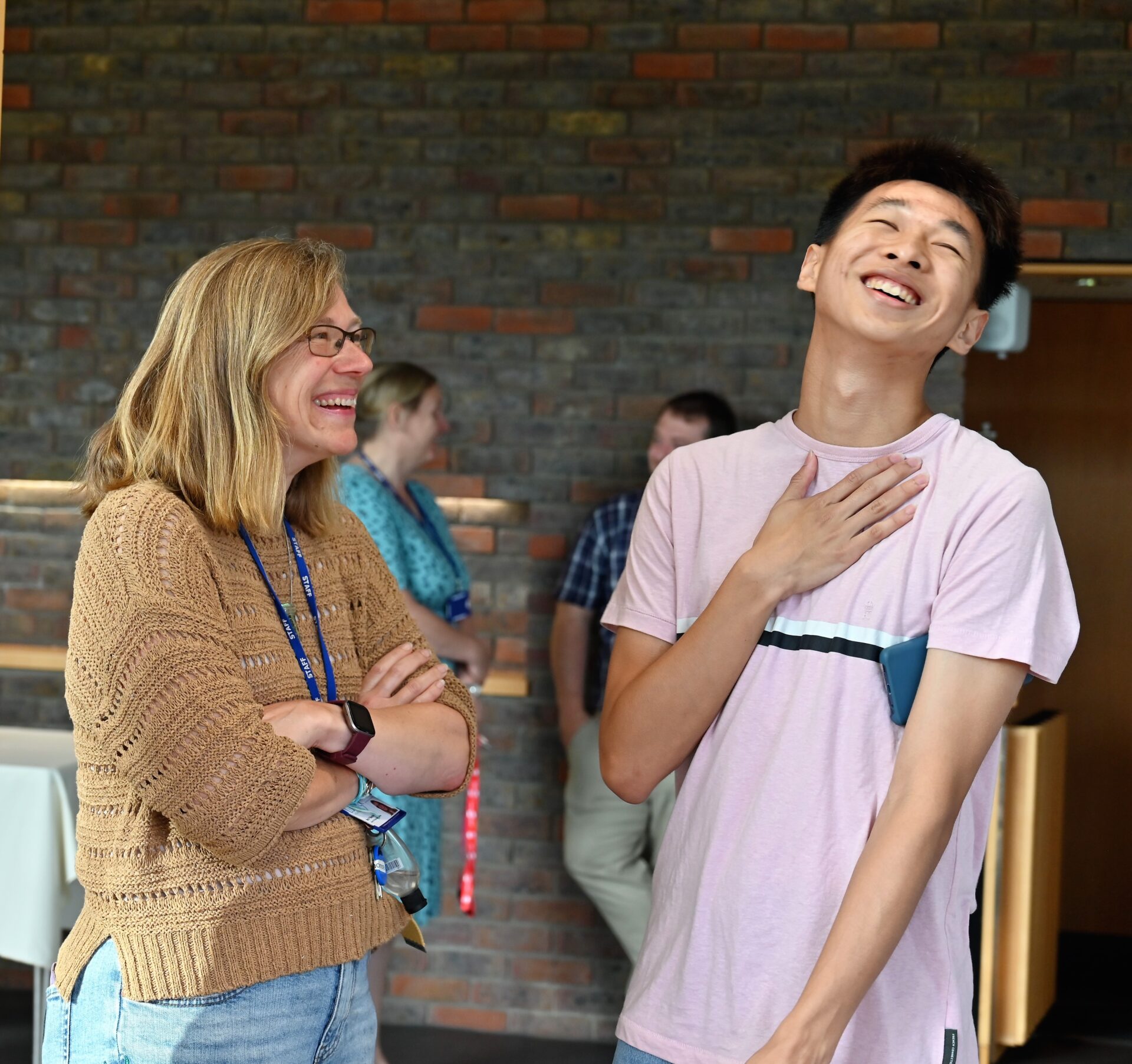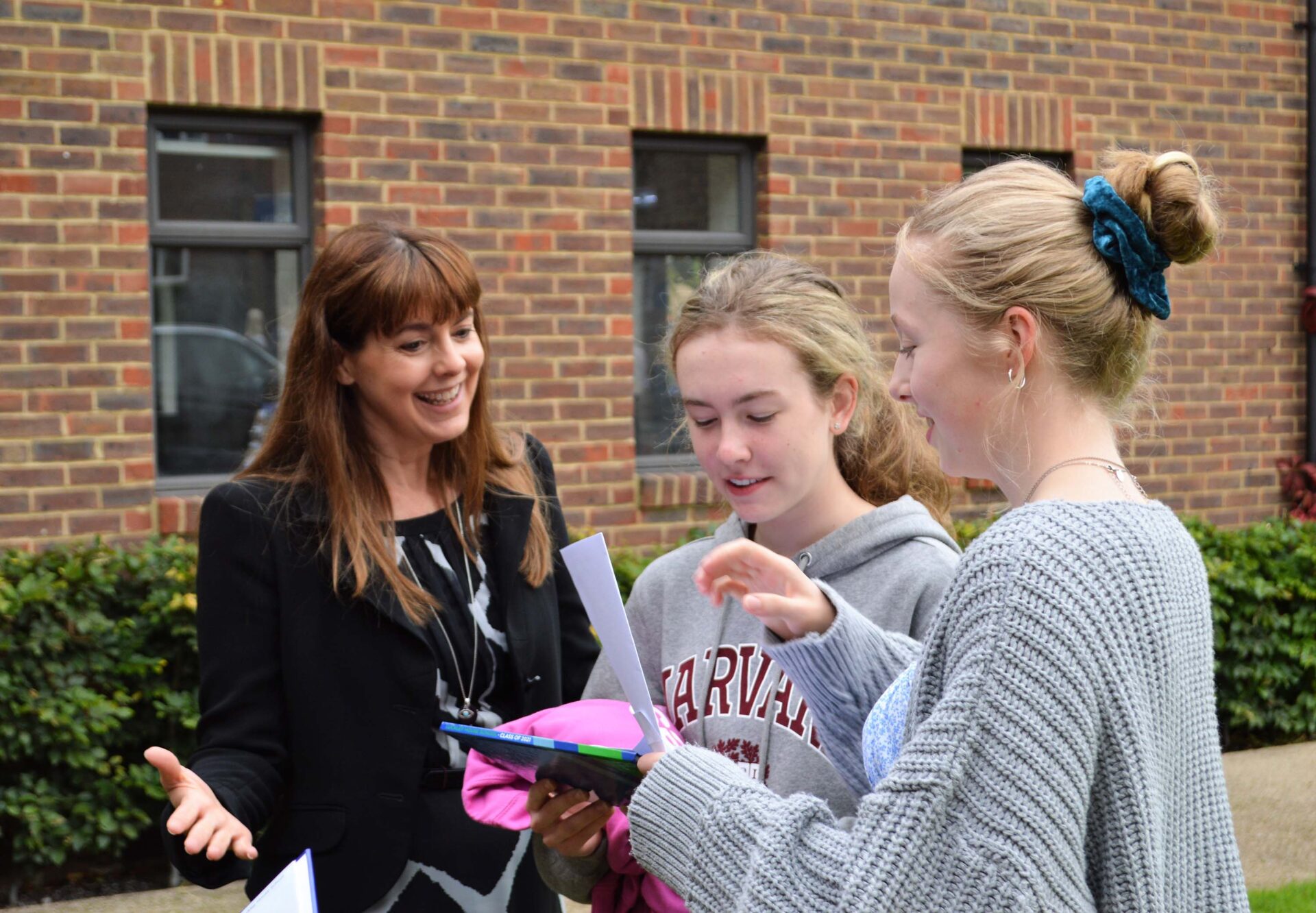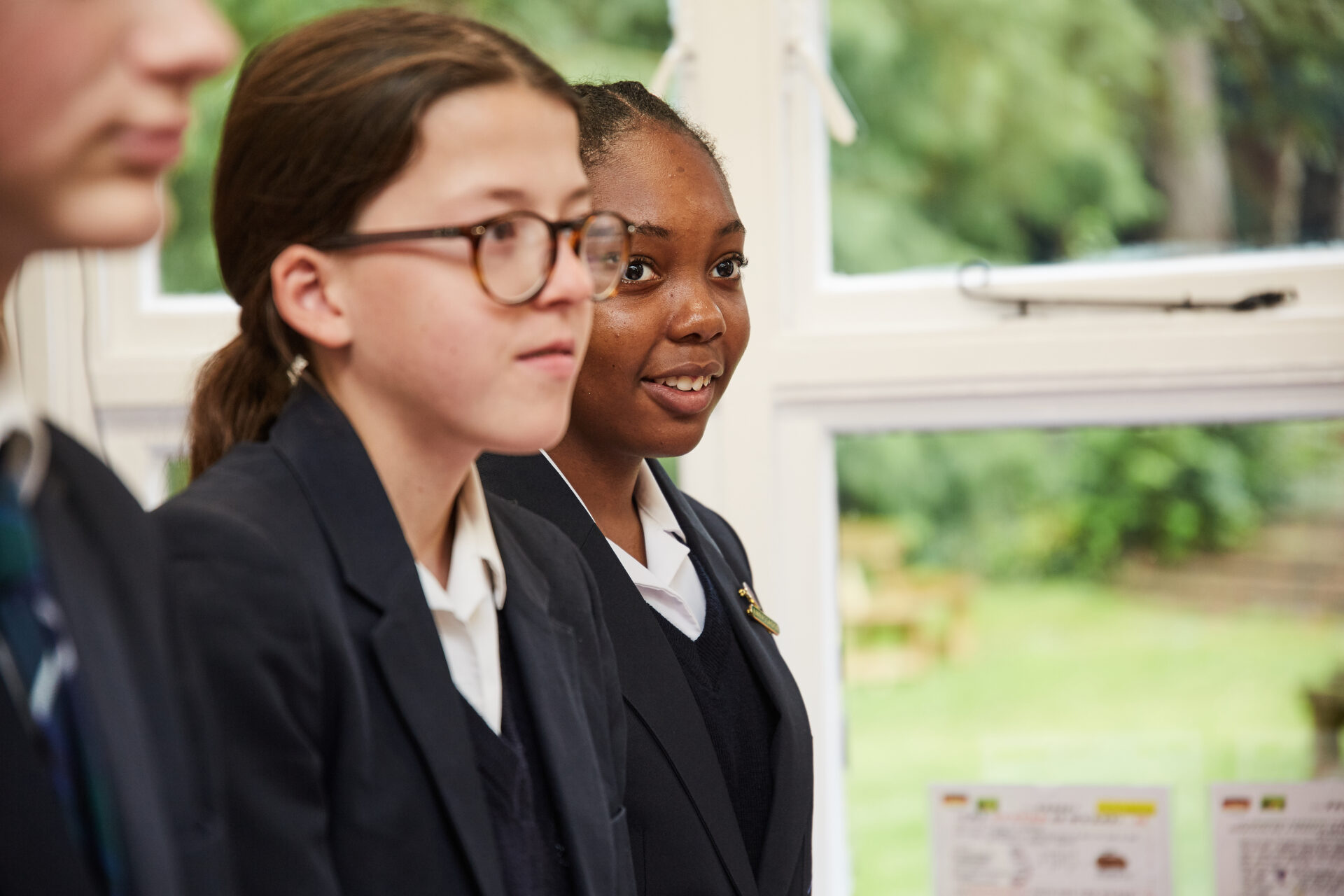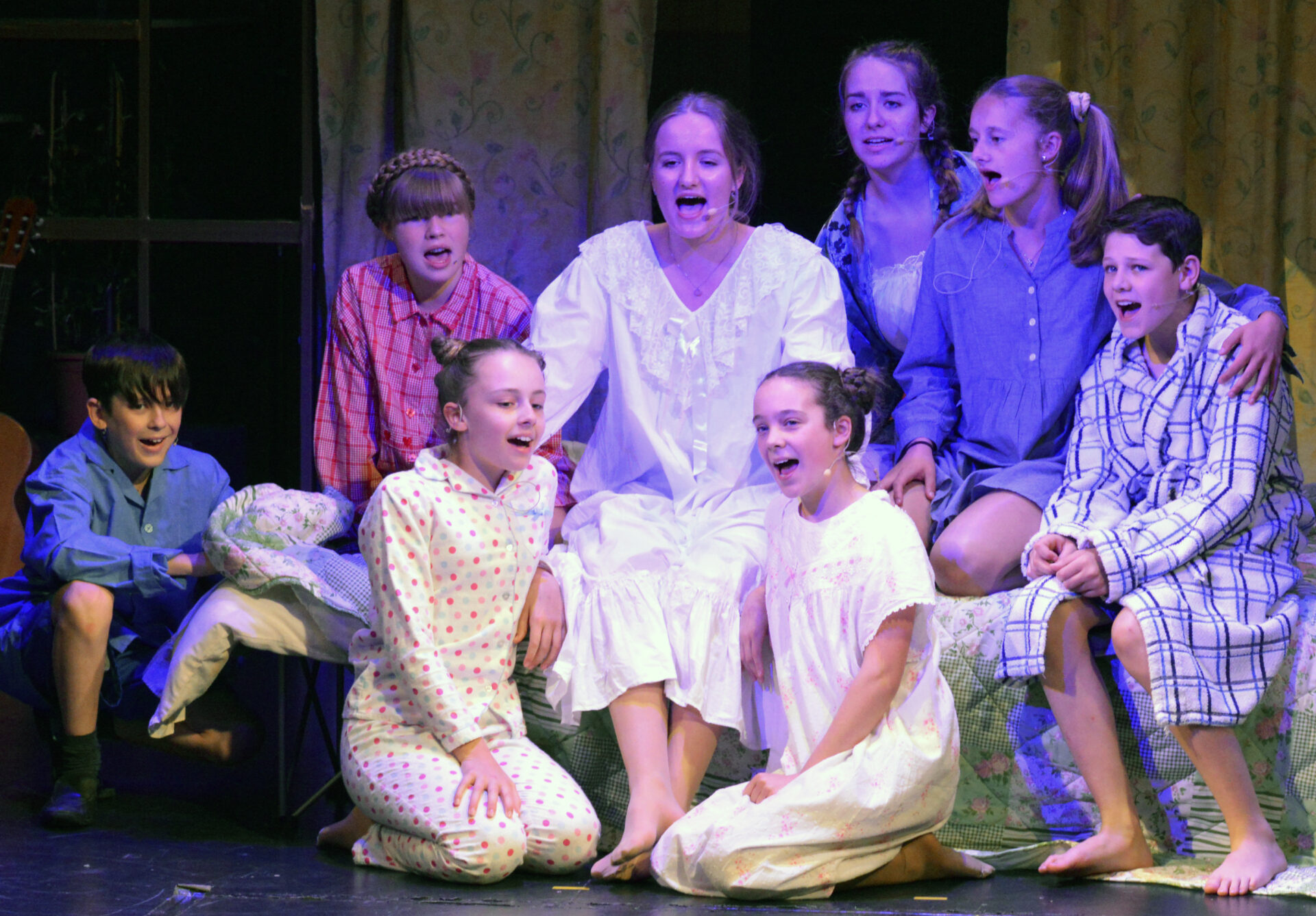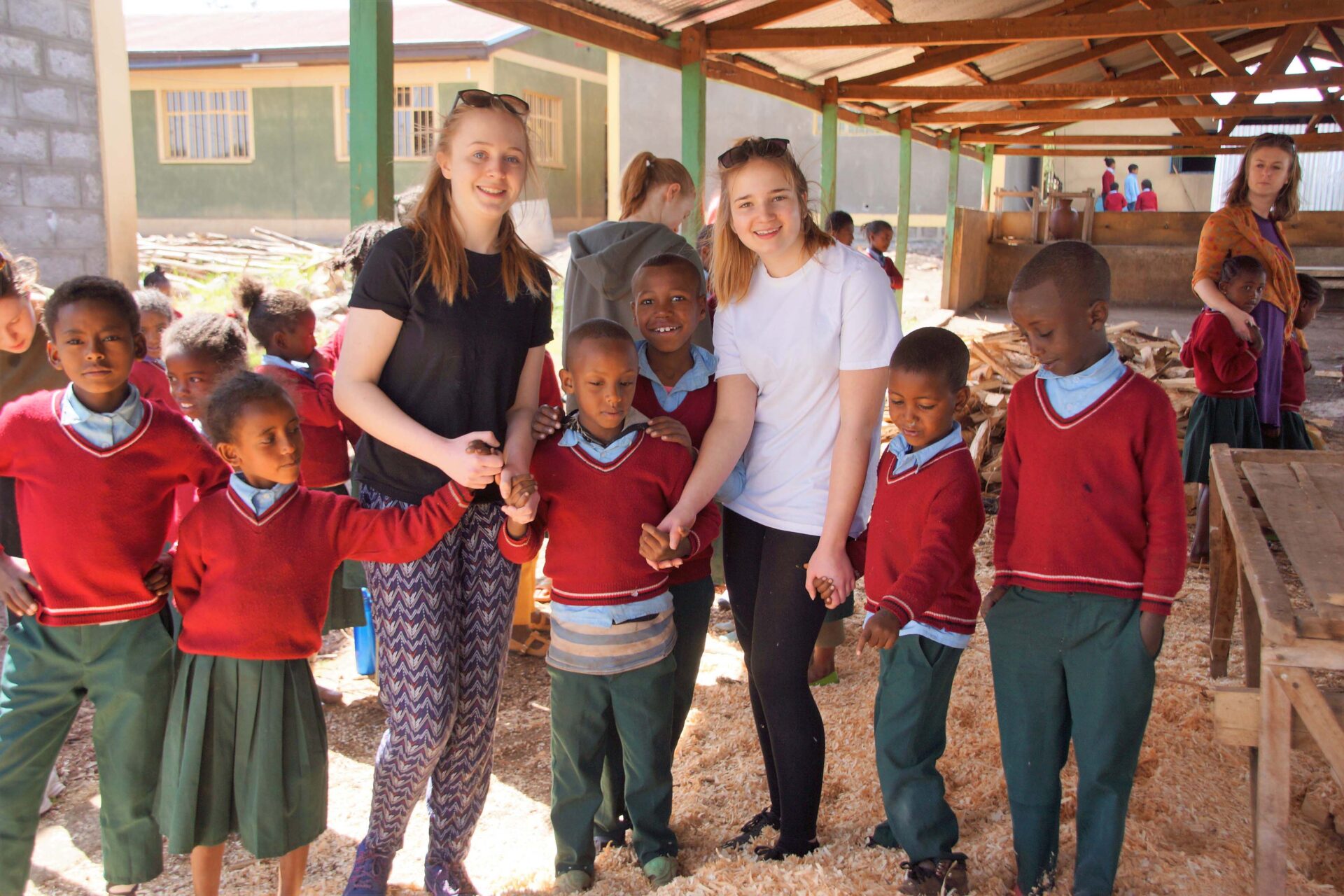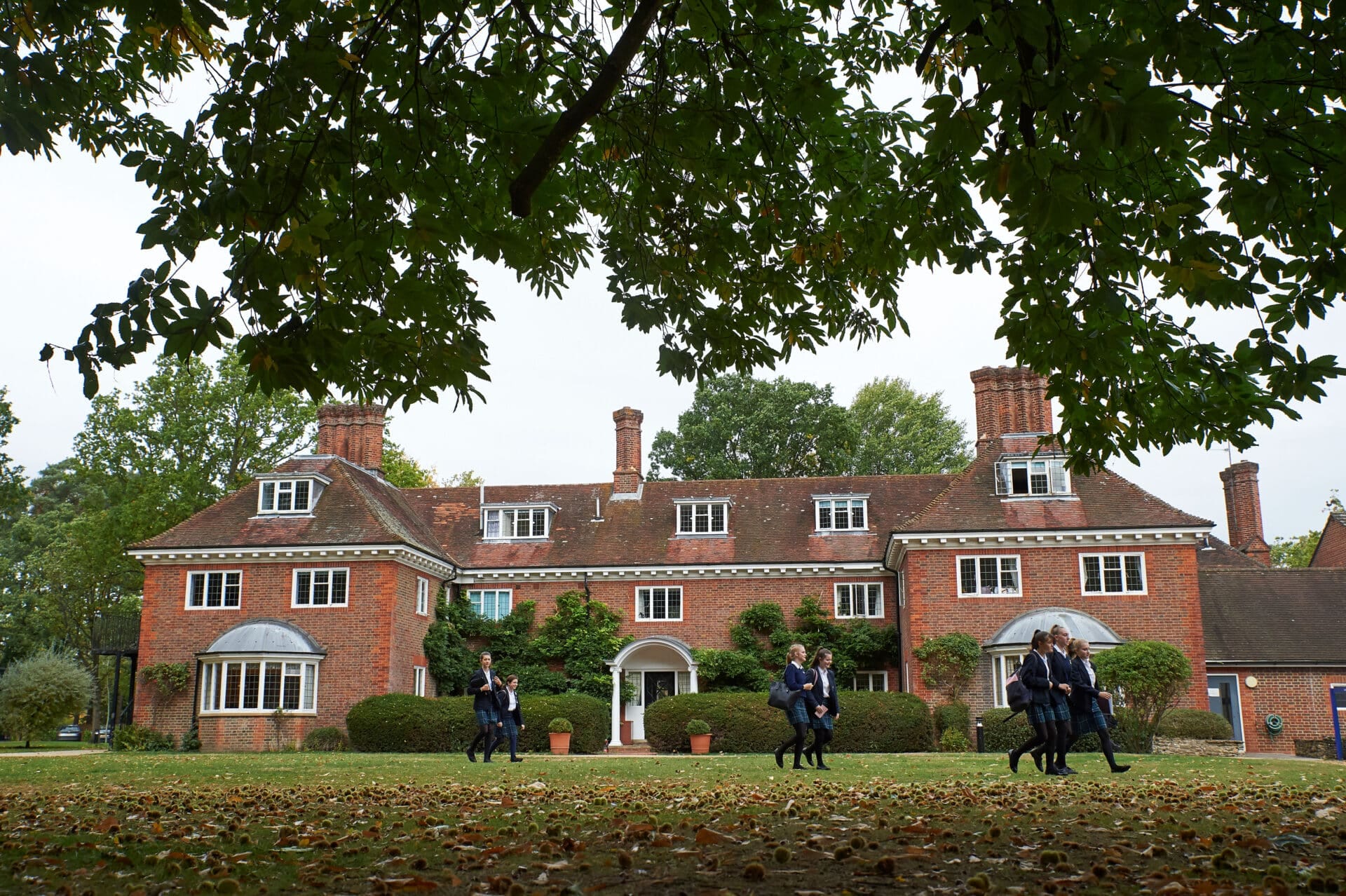
The UK education system includes a wide variety of school types, each with its own terminology and structure. Terms such as private, public, and independent are often used interchangeably, which can lead to confusion for parents trying to navigate the landscape. One question that frequently comes up is: What is an independent school?
As an independent school in Wokingham, Luckley House School reflects a model of education that operates outside the state sector. In this article, we explain what defines an independent school, how it differs from other types, and what to expect from independent boarding and sixth form education.
What is an Independent School?
An independent school is a school that is privately funded and governed. Rather than receiving financial support from the government, independent schools are sustained through tuition fees paid by families. Some may also receive income from charitable donations or endowments, but they operate without reliance on public funding.
Because they are not part of the state system, independent schools have autonomy over many aspects of school life. This includes the curriculum, teaching approach, pastoral provision, and admissions process. They are still subject to external regulation and inspection by independent bodies such as the Independent Schools Inspectorate (ISI), which ensures that standards of education, safeguarding, and leadership are consistently maintained.
What is the Difference Between an Independent School and a Private School?
The terms independent school and private school are often used to describe the same type of institution, one that charges fees rather than receiving funding from the state. In everyday conversation, the words are largely interchangeable.
That said, there is a technical distinction sometimes made between the two. Independent schools are typically governed by a board of trustees or governors, giving them a formal structure of oversight. Some private schools, by contrast, may be run without a governing body. Despite this difference, both types of schools are funded through fees paid by families and are independent of government curriculum requirements.
Independent schools are still required to meet national standards in areas such as safeguarding, health and safety, and quality of education. They are regularly inspected, either by the Independent Schools Inspectorate or Ofsted, and most prepare pupils for the same public examinations as their state-sector counterparts.
Many independent schools operate as charities and may offer scholarships for high-achieving pupils or bursaries to support access for families who may not otherwise be able to afford the fees. Schools in this sector vary widely in size, age range, and educational approach, but all share the core characteristic of financial and operational independence from the state system.
What is the Difference Between an Independent School and a Public School?
In the UK, the term public school can cause confusion, as its meaning differs from how it is used in other countries, such as the United States. In the UK context, a public school is actually a specific type of independent school, typically one that is long-established, often single-sex, and historically associated with boarding.
All public schools are independent, but not all independent schools are public schools. Most independent schools do not fall under the public school category.
So, while public schools form part of the independent sector, they represent only a small subset.
What is an Independent Boarding School?
An independent boarding school provides not only day education but also residential accommodation for pupils during term time. Pupils live on site in boarding houses and are supported by dedicated house staff, who oversee their welfare, routine, and academic engagement outside normal lesson hours.
Boarding can be full-time, weekly, or flexi, depending on what the school offers and what families require. Pupils who board benefit from a structured, consistent environment where learning continues beyond the classroom. Evenings and weekends are often filled with organised activities, supervised study sessions, and communal events, all of which contribute to a strong sense of community.
What is an Independent Sixth Form?
An independent sixth form offers post-16 education in a setting that is typically smaller and more tailored than many larger sixth form colleges. Students usually follow A Level courses, although some schools also offer alternative qualifications. Teaching is often highly specialised, and the learning environment is designed to encourage independence, critical thinking, and academic ambition.
Alongside their academic work, sixth form students at independent schools are also supported in preparing for life beyond school. This may include university guidance, careers support, interview preparation, and opportunities to take on leadership roles or engage in volunteering. The combination of academic rigour and personal development is a defining feature of many independent sixth forms.
Why Should You Choose an Independent School?
Independent schools offer a distinct educational environment, shaped by their freedom from government funding and curriculum requirements. This autonomy allows them to tailor their teaching, co-curricular programmes, and pastoral support to meet the needs of their pupils more flexibly.
Smaller class sizes are a common feature, allowing for more personalised attention and stronger relationships between staff and pupils. Many independent schools also provide a broader range of subjects, specialist teaching, and enhanced facilities for sport, music, drama, and other enrichment activities.
However, choosing a school is not just about the type of institution; it’s about finding the right fit for your child. Factors such as personality, learning style, interests, and future goals should all be part of the decision-making process, alongside practical considerations like location, transport, and fees.
An independent school can offer a rich and well-rounded education for many pupils, but the best decision will always come from careful research, school visits, and open conversations with both staff and your child.
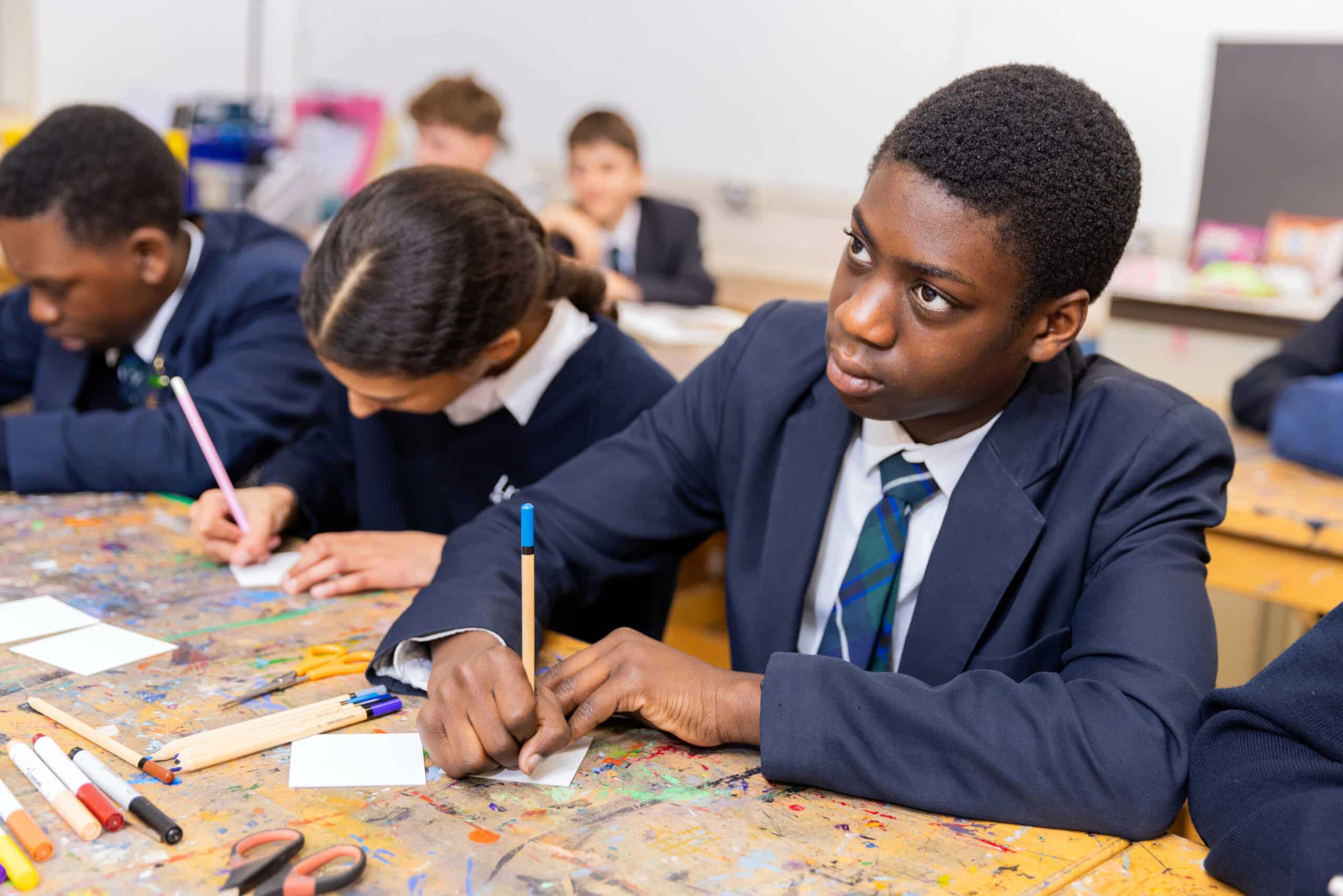
Independent schools offer a particular approach to education, shaped by autonomy, smaller class sizes, and a focus on both academic and personal development. For some pupils, this environment can provide the right balance of structure, challenge, and opportunity.
Ultimately, finding the best school comes down to more than just understanding categories or terminology; it’s about how a school feels, how it supports its pupils, and whether it aligns with your child’s needs and interests.
If you are considering an independent school for your child, the best way to understand what it can offer is to see it in action.
Luckley House School welcomes families who are considering this path to come and learn more about our approach.
Visit Luckley


